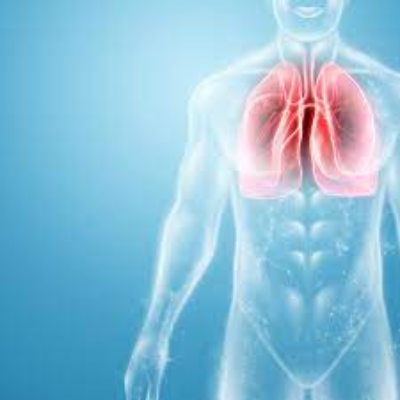
Pulmonology is a field of medicine focusing on the respiratory system. The group of organs that facilitate in breathing are known as the respiratory system. These are trained to internist level. Pulmonologists receive their degree, followed by an internal medicine residency, followed by years of work in Fellowship in Pulmonary and years in postgraduate in pulmonology often focused on pulmonology but critical care and sleep medicine. They then must take and pass specialty examinations in order to become a Board-Certified pulmonologist and accept patients.
The respiratory system is a separate specialty in and of itself, though pulmonologists can specialize even further. Some of these experts have a specialty in the treatment of specific illnesses, such as asthma or pulmonary fibrosis; others focus on specific patient populations, such as children or the elderly.
Pediatric pulmonology is another subspecialty within pulmonology medicine. Pediatric pulmonologists are kids' lung doctors. They often manage Asthma, Pneumonia, Wheezing and Bronchitis in children. Fellowship in parallel (along with any fellows) got to learn services, Diagnostic Procedures – FFB -Flexible Fiberoptic Bronchoscopy; pulmonary function testing and other procedures provided by Pediatric pulmonologists. Pulmonary function testing is a noninvasive test that can be performed in different ways to accommodate children of varying ages. An FFB allows Pulmonologists to visualize inside the lungs through a fiber-optic scope. While this more extensive method is non-invasive and doesn’t involve surgery, it does require sedation.
Courses like Diploma in Pulmonology, Certificate Course in Pulmonology, Pulsology Training, Interventional Pulmonology Courses, Online Pulmonology Courses, Fellowship in Interventional Pulmonology, Fellowship in Pediatric Pulmonology, Fellowship in Interventional Pulmonology in India, Pulmonology Fellowship in India, Interventional Pulmonology Fellowship in India, Pediatric Pulmonology Online Course, Interventional Pulmonology Training, Interventional Pulmonology Training in India, and Diploma in respiratory Medicine in India at Diploma for Doctors are collaborative learning programme combining video lectures, reading resources and integrated assignments with specialists in the field of pulmonology to assist you understand how the principles work from the medical standpoint and thus maximize clinical results for your patients. Moreover, 12 weeks of practicum experience at a well-known corporate hospital with renowned professionals to gain practical knowledge of the theoretical concepts.
Paediatric pulmonology is certainly the ideal specialization for me owing to the broad spectrum of practice opportunities, lifestyle tailoring, intellectual stimulation and numerous job opportunities in academia as well as private sectors of practice. A career in Paediatric pulmonology can easily be adapted to the lifestyle and interests of a practitioner. Our Paediatric pulmonologists treat children and adolescents with acute respiratory diseases and respiratory failure. Internists and neonatologists request these consultations regularly. So, the practice of this subspecialty may be in the field of critical care medicine.
Who are Pediatric Pulmonologists:
Pediatric pulmonologists provide care for newborns, children, and adolescents with chronic lung disease, weakened ventilatory muscles, and problems with neurologic control of breathing. Use of supplemental oxygen therapy, home mechanical ventilation, non-invasive ventilation, etc. The Paediatric pulmonologist generally sees the same child from infancy to early adulthood, which enables continuity of care and an opportunity to have witnessed his or her patients thrive. One of the many procedures that Paediatric pulmonologists can perform is flexible fiberoptic bronchoscopy. Consequently, this subspecialty's practice includes techniques pertinent to defining and managing lung diseases.
Our fellowship in pulmonology or postgraduate in pulmonology programs entail hands-on training where each student gets trained to use technologies appropriate for the performance of tasks or the making of judgments concerning tasks for which training is being done. Depending on the talent and skill set demonstrated on the university end, the student can be placed as an assist to the consultant. The student who has been assigned to these subjects will witness each task undertaken by the consultant. Our Paediatric pulmonologists perform and interpret pulmonary function tests. This includes routine pulmonary function tests, exercise stress tests, sleep studies, muscle strength tests of the ventilatory muscles, and tests of pulmonary function in infants.
Developing physiological tests that can be performed on children of widely varying ages and willingness to cooperate with testing poses new challenges for Paediatric pulmonologists. Consequently, physiologic testing is utilized in the practice of this specialty to help with the diagnosis and care of children.
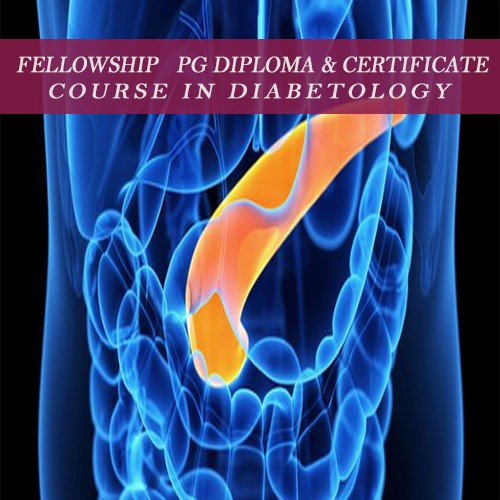 Diabetology Course
Diabetology Course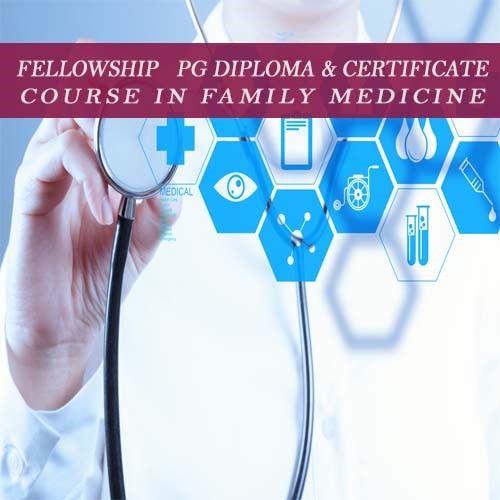 Family Medicine
Family Medicine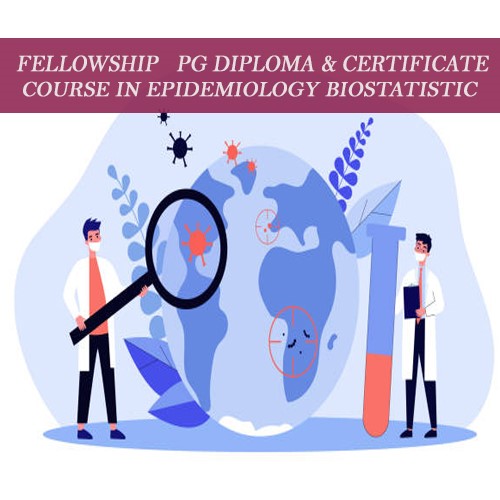 Cardiology
Cardiology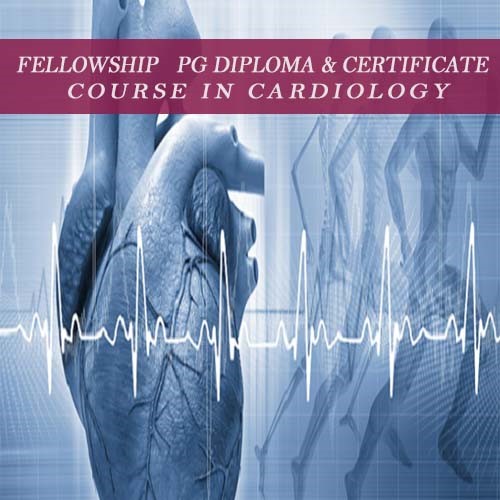 Pediatrics
Pediatrics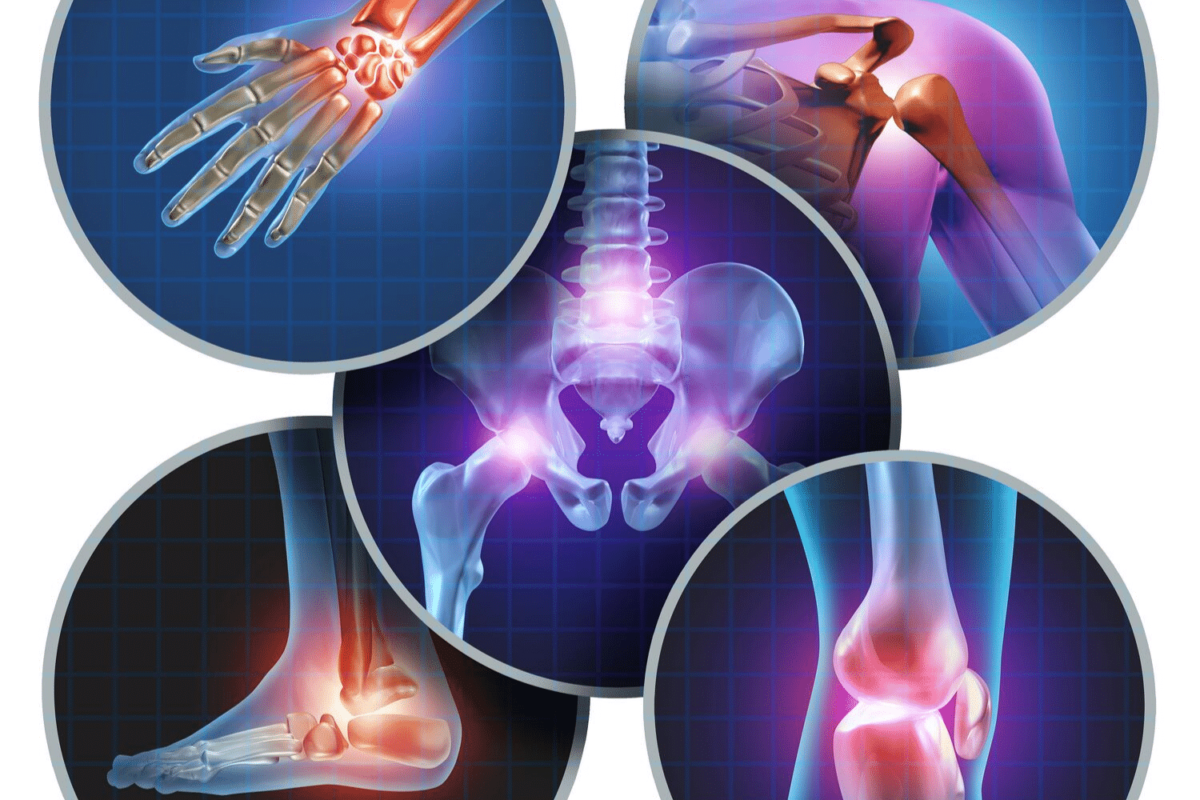 Rheumatology Courses
Rheumatology Courses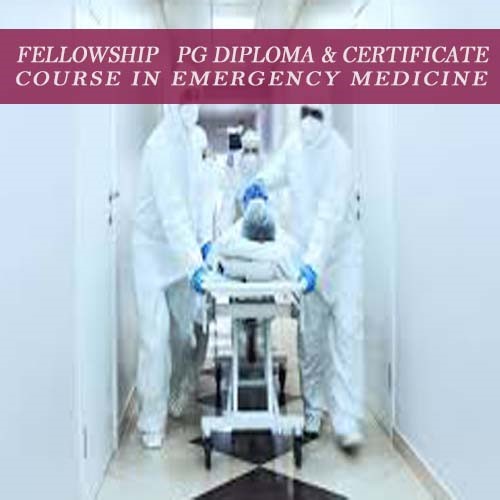 Emergency Medicine Course
Emergency Medicine Course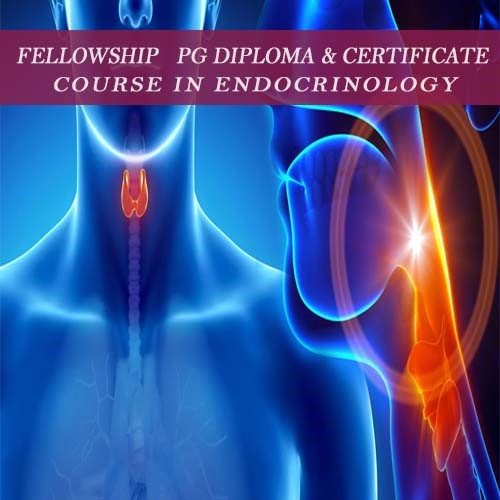 Endocrinology Course
Endocrinology Course MBA in Hospital Management
MBA in Hospital Management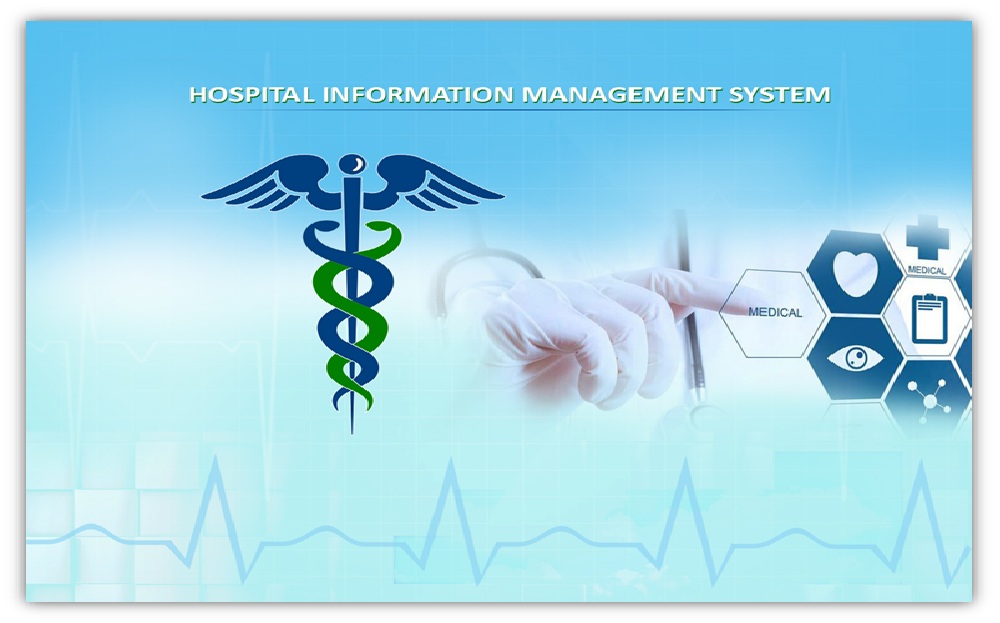 Hospital Management Courses
Hospital Management Courses PhD in Healthcare
PhD in Healthcare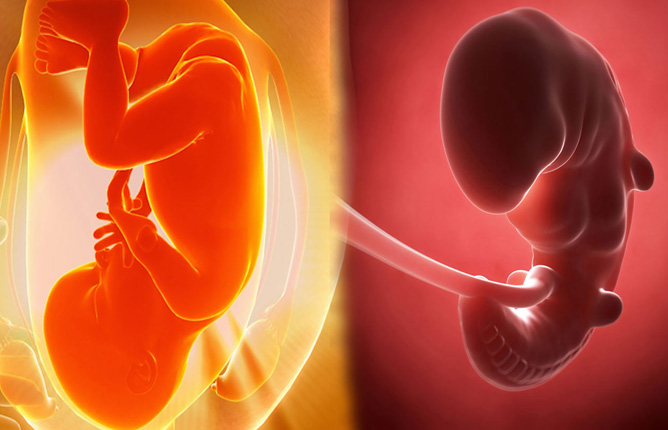 Master Class in Gynecology & Obstetrics
Master Class in Gynecology & Obstetrics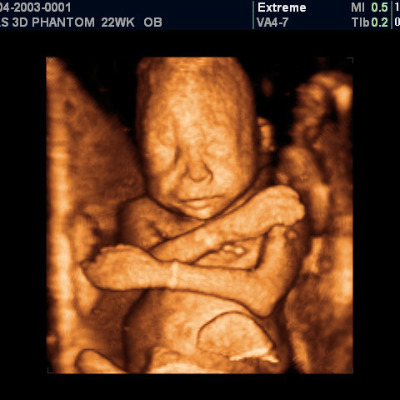 Ultrasound Training Courses
Ultrasound Training Courses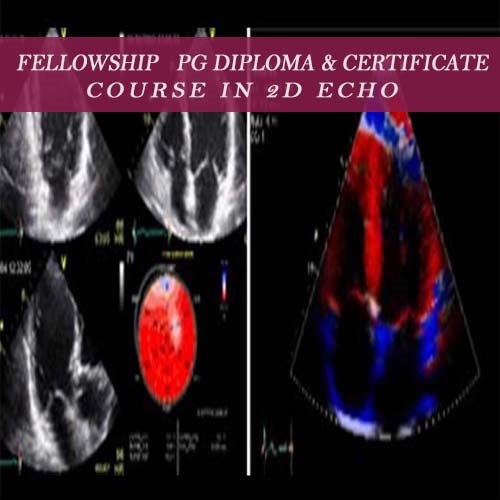 2D Echo
2D Echo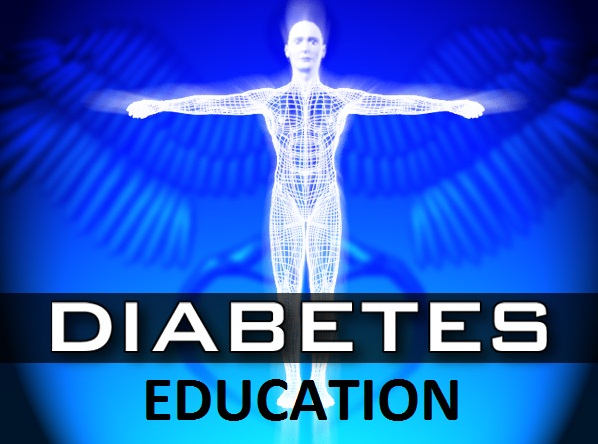 Fellowship in Diabetology
Fellowship in Diabetology Fellowship in Cosmetology
Fellowship in Cosmetology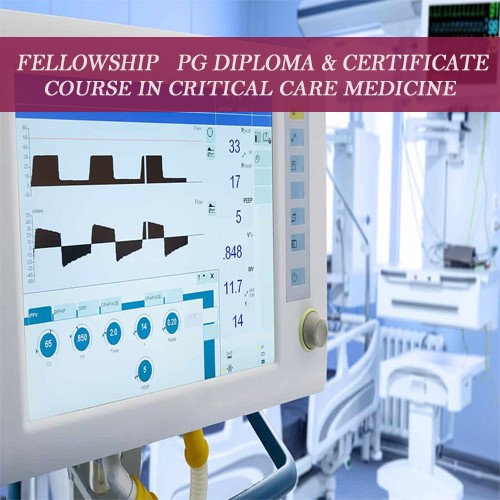 Fellowship In Critical Care Medicine
Fellowship In Critical Care Medicine Fellowship in Epidemiology and Biostatistics
Fellowship in Epidemiology and Biostatistics Fellowship in Infectious Diseases
Fellowship in Infectious Diseases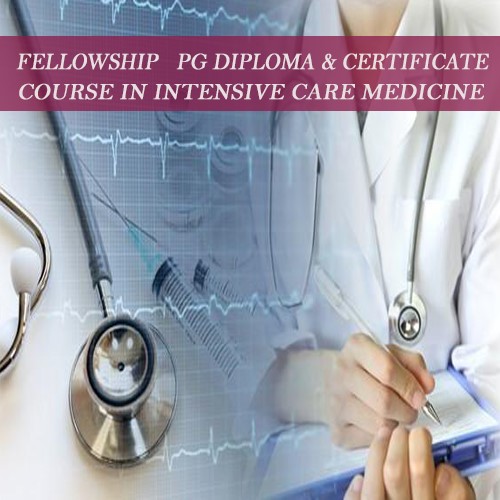 Fellowship in Intensive Care Medicine
Fellowship in Intensive Care Medicine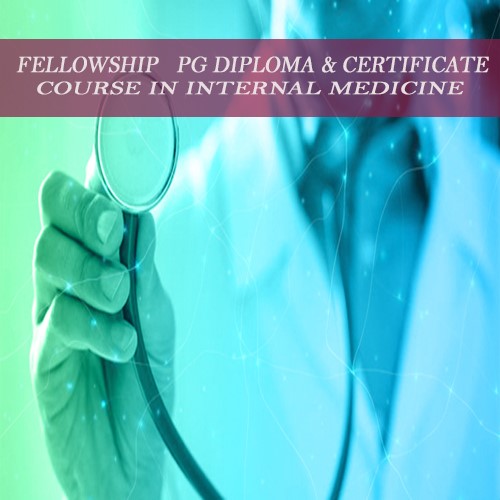 Fellowship in Internal Medicine
Fellowship in Internal Medicine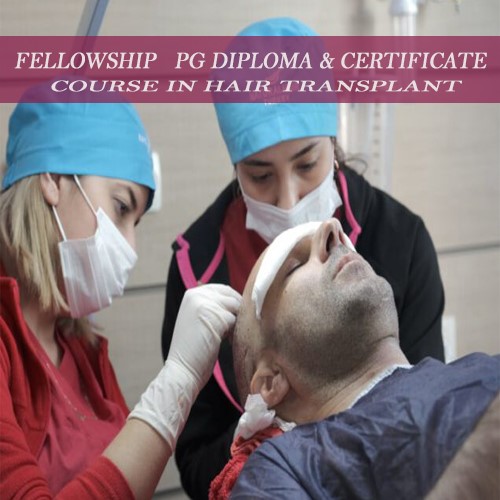 Hair Transplant Training Courses
Hair Transplant Training Courses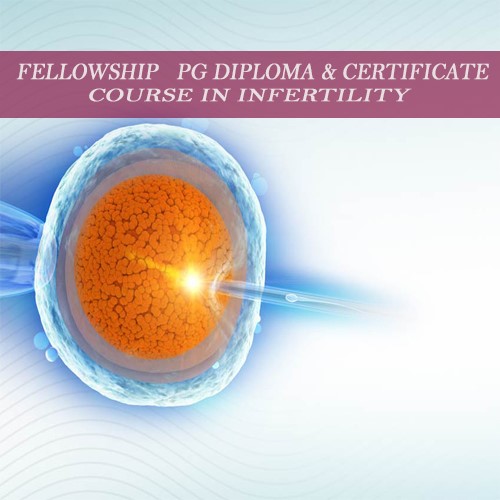 Infertility Training Courses
Infertility Training Courses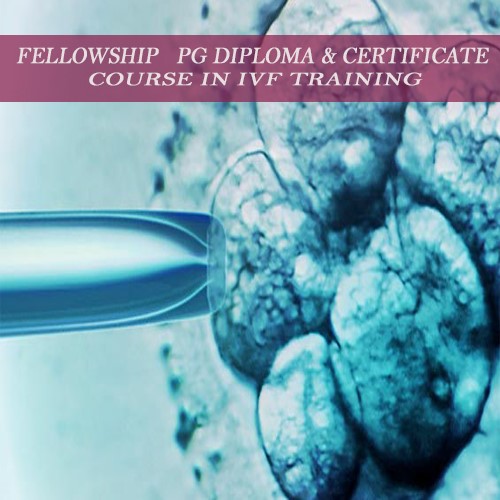 IVF Training Courses
IVF Training Courses Aesthetic Medicine Courses
Aesthetic Medicine Courses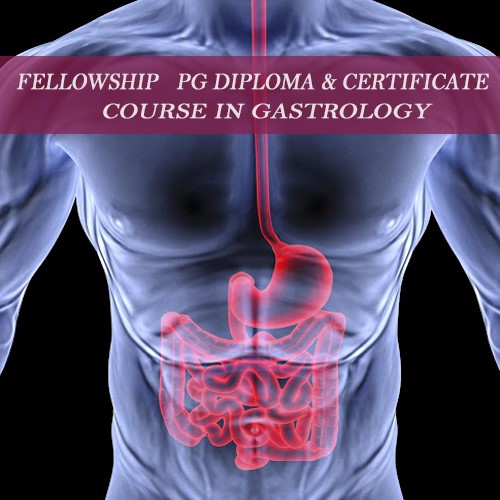 Gastroenterology
Gastroenterology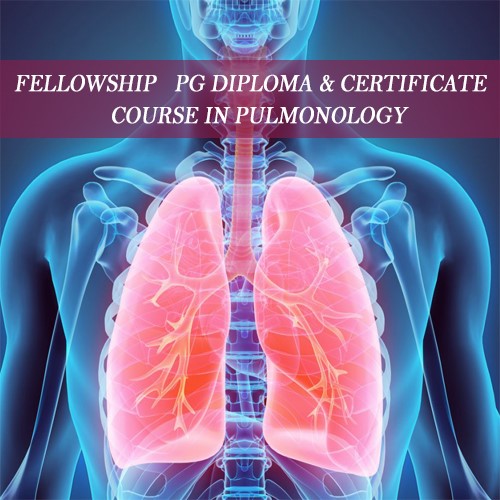 Pulmonology Courses
Pulmonology Courses Oncology Courses
Oncology Courses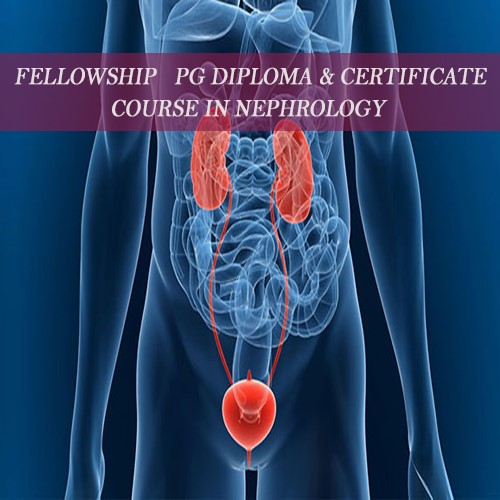 Nephrology Courses
Nephrology Courses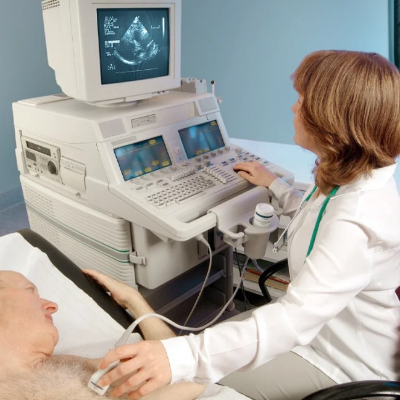 Fellowship in Echocardiography
Fellowship in Echocardiography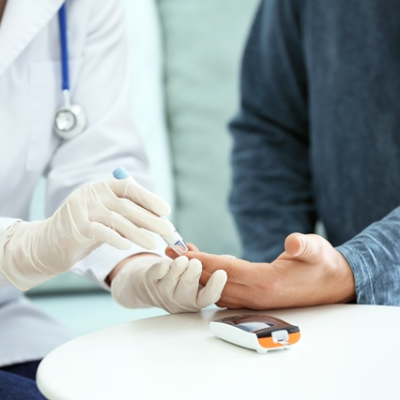 Certificate Course in Diabetes
Certificate Course in Diabetes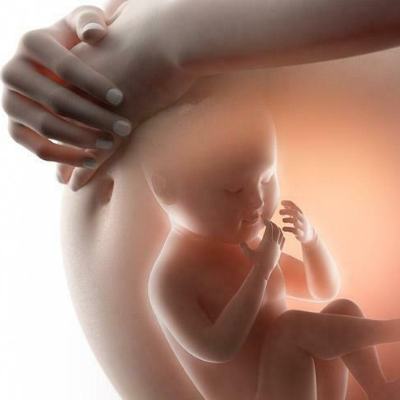 Fellowship in Obstetrics and Gynaecology
Fellowship in Obstetrics and Gynaecology Fellowship in Cardiology
Fellowship in Cardiology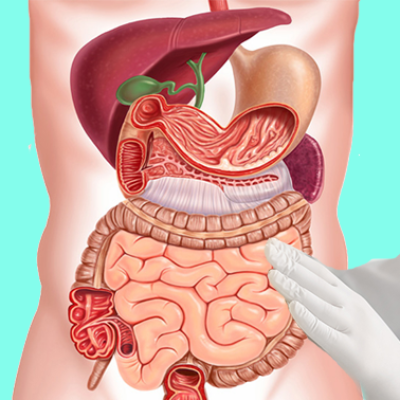 Fellowship in Gastroenterology
Fellowship in Gastroenterology Fellowship in Emergency Medicine
Fellowship in Emergency Medicine Fellowship in Pediatrics
Fellowship in Pediatrics Fellowship in Oncology
Fellowship in Oncology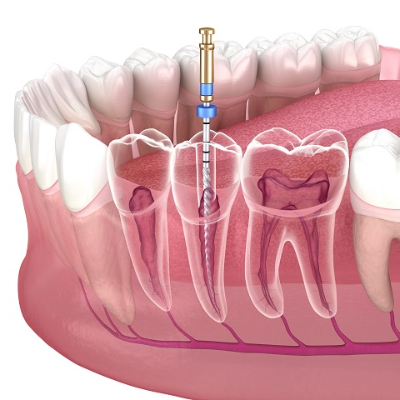 Fellowship in Endodontics
Fellowship in Endodontics Fellowship in Nutrition
Fellowship in Nutrition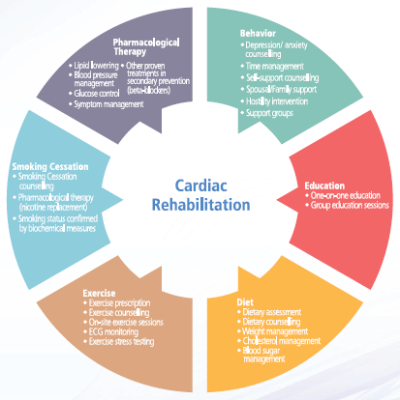 Fellowship in Cardiac Rehabilitation
Fellowship in Cardiac Rehabilitation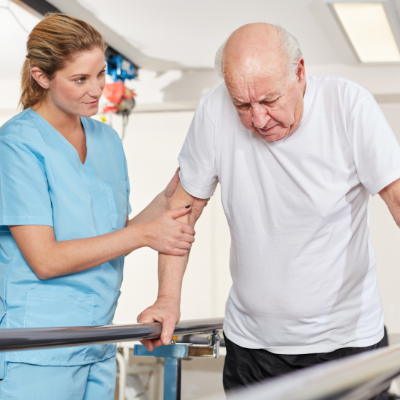 Fellowship in Neurological Rehabilitation
Fellowship in Neurological Rehabilitation Fellowship in Sports Rehabilitation
Fellowship in Sports Rehabilitation Fellowship in Family Medicine
Fellowship in Family Medicine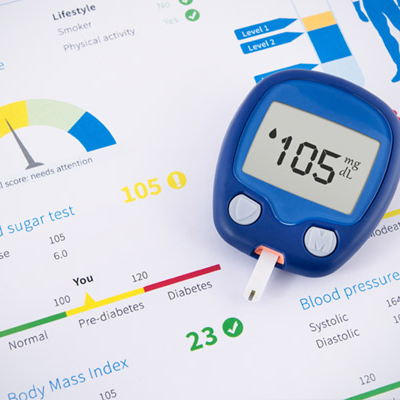 Diabetes Courses for Doctors
Diabetes Courses for Doctors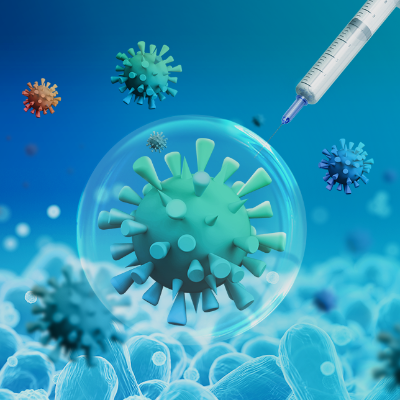 PG Diploma in Infectious Diseases
PG Diploma in Infectious Diseases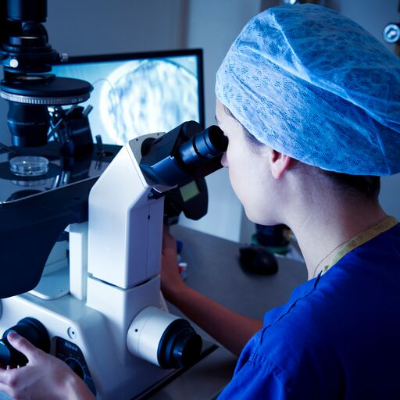 Fellowship in Embryology
Fellowship in Embryology Fellowship in Gynecology and Obstetrics
Fellowship in Gynecology and Obstetrics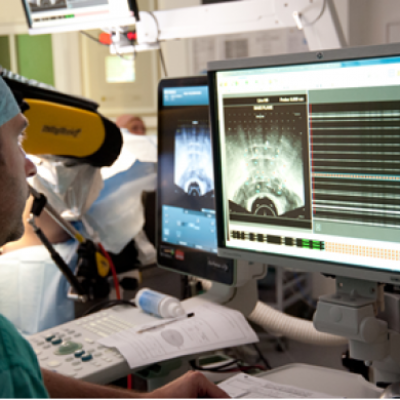 Fellowship in Clinical Oncology
Fellowship in Clinical Oncology Fellowship in Preventive Cardiology
Fellowship in Preventive Cardiology Fellowship in Clinical Nutrition
Fellowship in Clinical Nutrition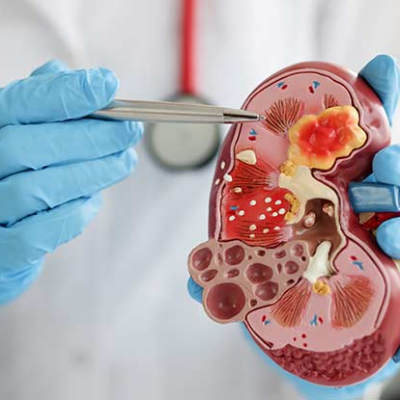 Fellowship in Nephrology
Fellowship in Nephrology Fellowship in Musculoskeletal Ultrasound
Fellowship in Musculoskeletal Ultrasound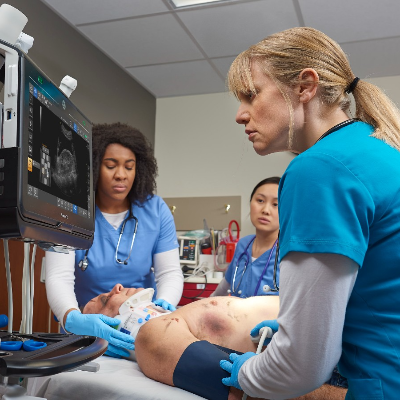 Fellowship in Emergency Ultrasound
Fellowship in Emergency Ultrasound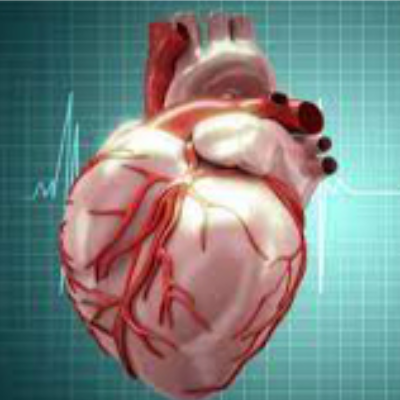 Fellowship in Clinical Cardiology
Fellowship in Clinical Cardiology Fellowship in Non Invasive Cardiology
Fellowship in Non Invasive Cardiology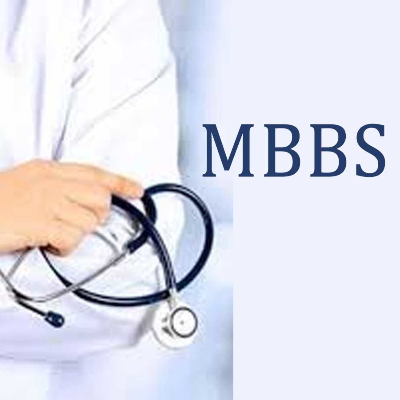 Fellowship after MBBS
Fellowship after MBBS Online Courses After MBBS
Online Courses After MBBS Diploma After MBBS
Diploma After MBBS Post MBBS Diploma Courses
Post MBBS Diploma Courses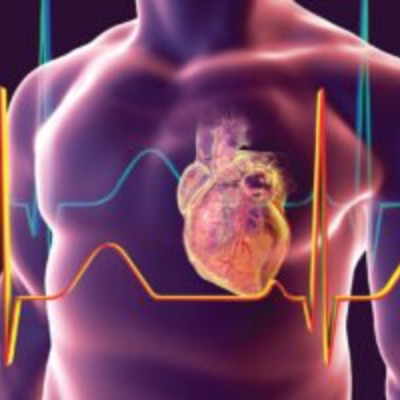 2D Echo Course Online
2D Echo Course Online 2D Echo Fellowship
2D Echo Fellowship 2D Echo Training
2D Echo Training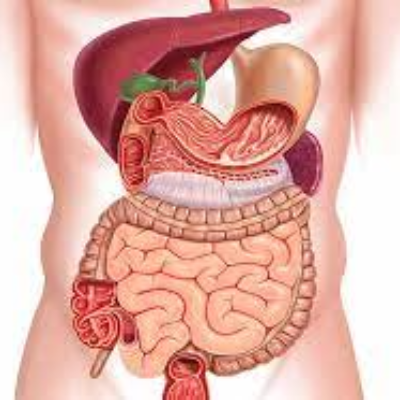 Advance Certificate Course in Gastroenterology
Advance Certificate Course in Gastroenterology Cardiac Rehabilitation Fellowship
Cardiac Rehabilitation Fellowship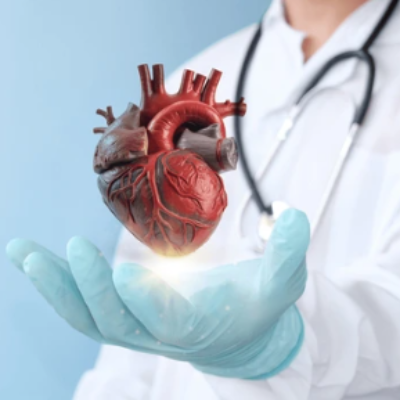 Cardiologist Course
Cardiologist Course Cardiology Courses after MBBS
Cardiology Courses after MBBS Cardiology Diploma Courses
Cardiology Diploma Courses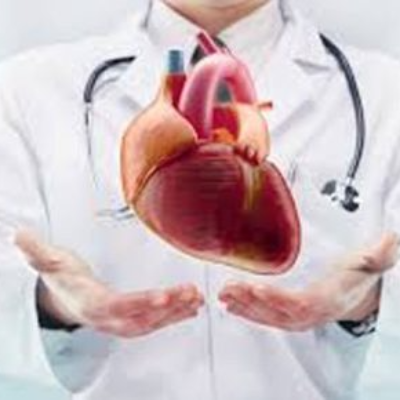 Cardiology Fellowship in India
Cardiology Fellowship in India Certificate Course in Diabetology
Certificate Course in Diabetology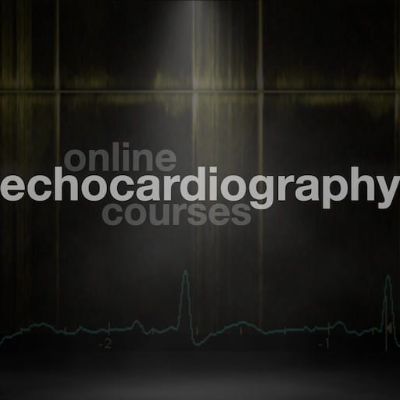 Certificate Course in Echocardiography
Certificate Course in Echocardiography Certificate Course in Emergency Medicine
Certificate Course in Emergency Medicine Certificate Course in Endocrinology
Certificate Course in Endocrinology Certificate Course in Family Medicine
Certificate Course in Family Medicine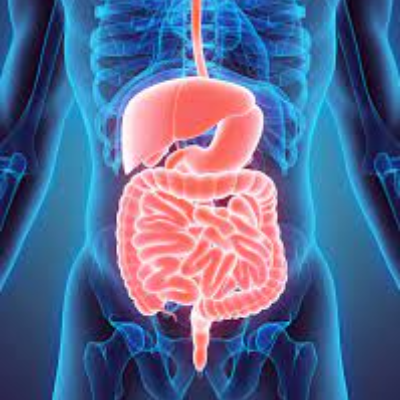 Certificate Course in Gastroenterology
Certificate Course in Gastroenterology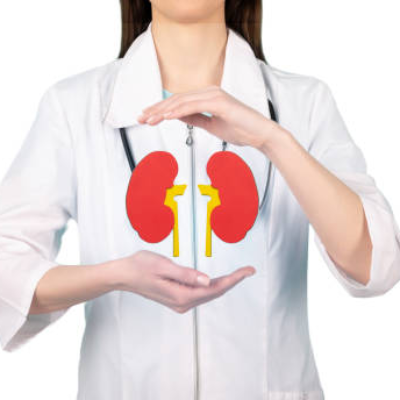 Certificate Course in Nephrology
Certificate Course in Nephrology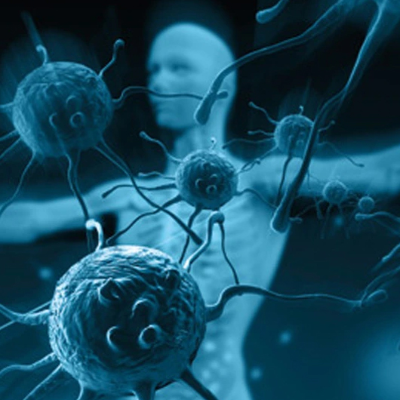 Certificate Course in Oncology
Certificate Course in Oncology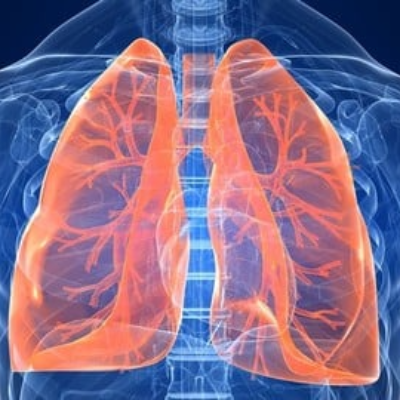 Certificate Course in Pulmonology
Certificate Course in Pulmonology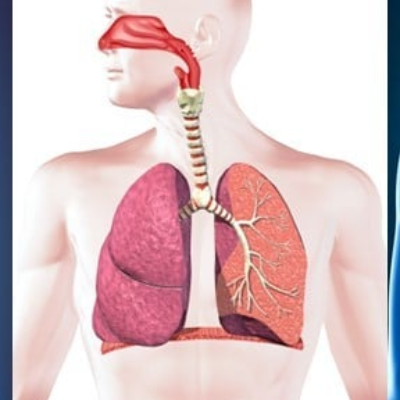 Certificate Course in Respiratory Medicine
Certificate Course in Respiratory Medicine Certificate Course in Rheumatology
Certificate Course in Rheumatology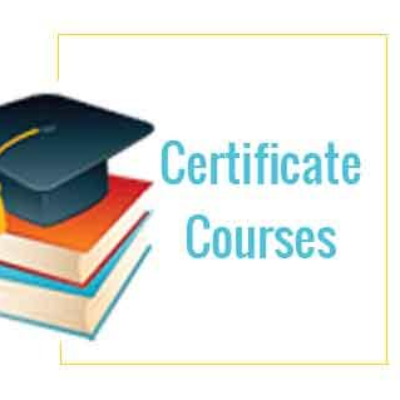 Certificate Courses after MBBS
Certificate Courses after MBBS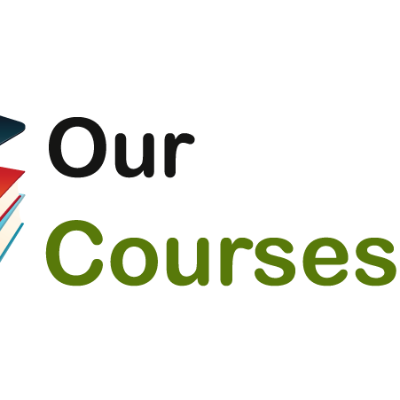 Certificate Courses for Doctors
Certificate Courses for Doctors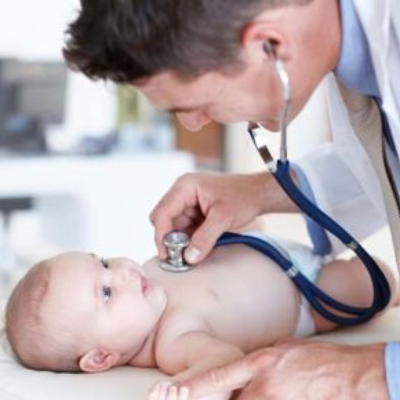 Certificate Courses in Pediatrics
Certificate Courses in Pediatrics Clinical Cosmetology Courses
Clinical Cosmetology Courses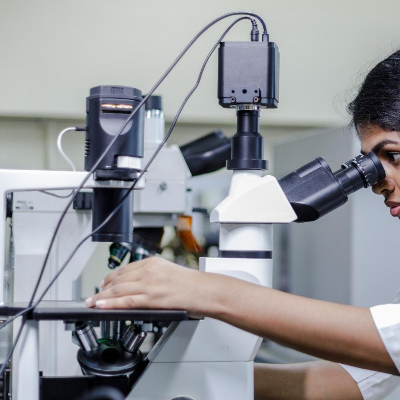 Clinical Embryology Courses
Clinical Embryology Courses Clinical Nutrition Fellowship
Clinical Nutrition Fellowship Cosmetic Dermatology Courses
Cosmetic Dermatology Courses Cosmetic Medicine Courses
Cosmetic Medicine Courses Cosmetic Surgery Training
Cosmetic Surgery Training Cosmetology Course after MBBS
Cosmetology Course after MBBS Cosmetology Course
Cosmetology Course Cosmetology Course for Doctors
Cosmetology Course for Doctors Courses for Doctors
Courses for Doctors Critical Care Course after MBBS
Critical Care Course after MBBS Critical Care Fellowship
Critical Care Fellowship Critical Care Medicine Course
Critical Care Medicine Course Dental Oncology Courses
Dental Oncology Courses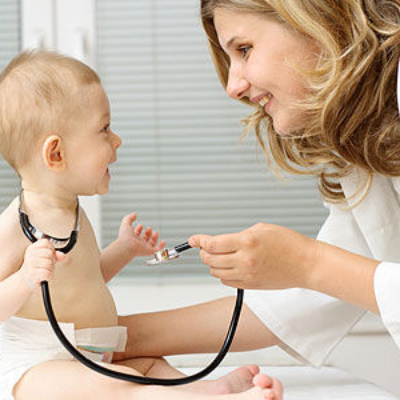 Developmental Pediatrics Online Course
Developmental Pediatrics Online Course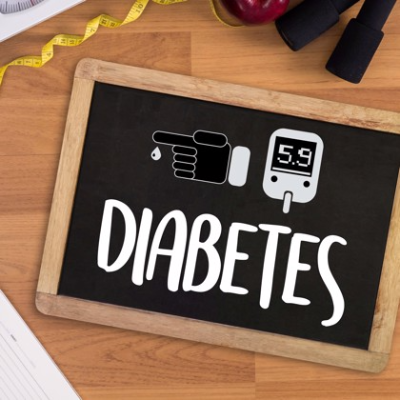 Diabetes Certificate Course
Diabetes Certificate Course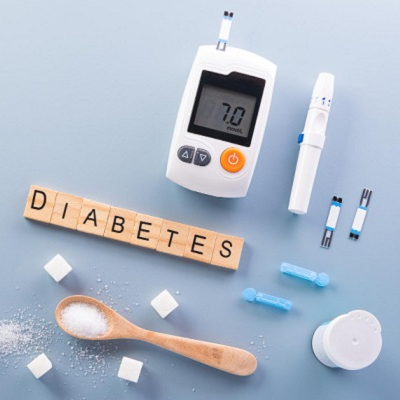 Diabetes Course
Diabetes Course Diabetes Course After MBBS
Diabetes Course After MBBS Diabetes Course for Ayush Doctors
Diabetes Course for Ayush Doctors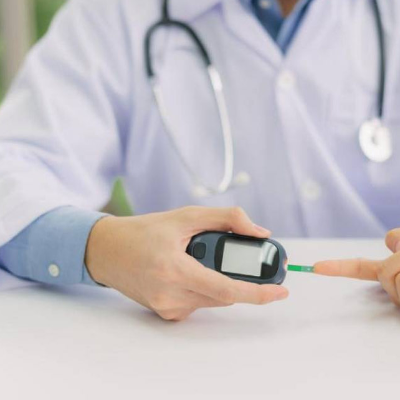 Diabetes Diploma
Diabetes Diploma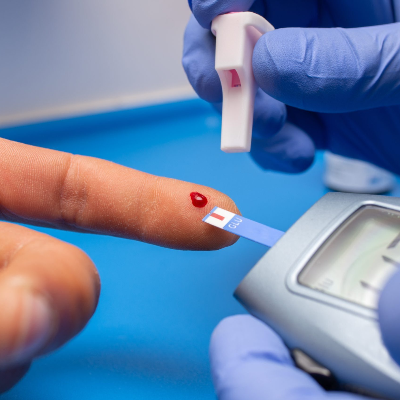 Diabetes Fellowship
Diabetes Fellowship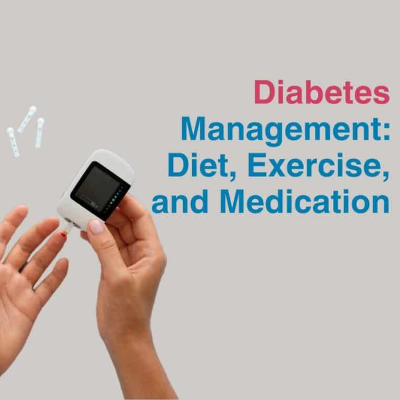 Diabetes Management Courses for Doctors
Diabetes Management Courses for Doctors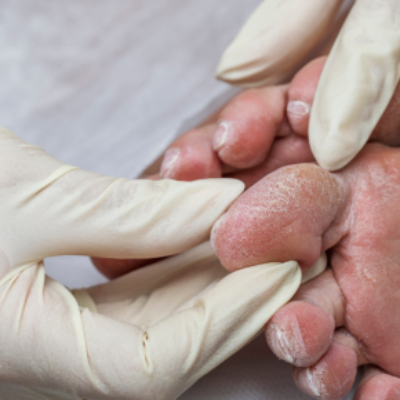 Diabetologist Course
Diabetologist Course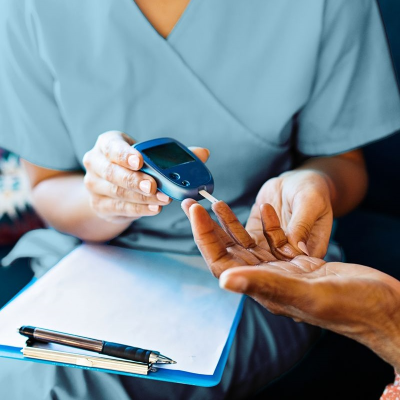 Diabetology Course after MBBS
Diabetology Course after MBBS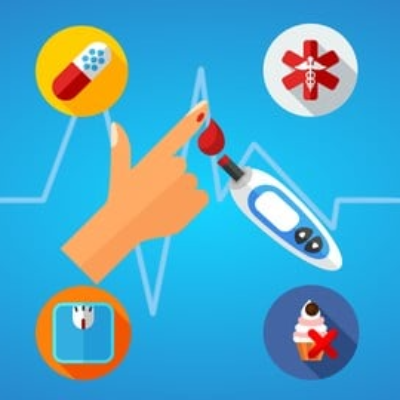 Diabetology Course Online
Diabetology Course Online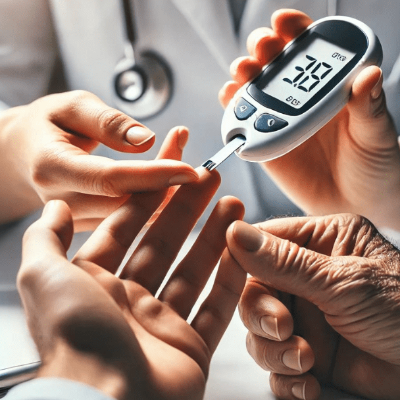 Diabetology Diploma
Diabetology Diploma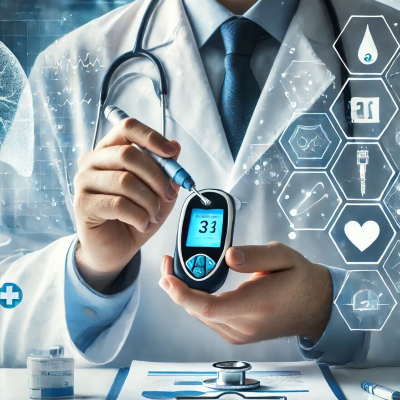 Diabetology Fellowship
Diabetology Fellowship Diabetology Fellowship after MBBS
Diabetology Fellowship after MBBS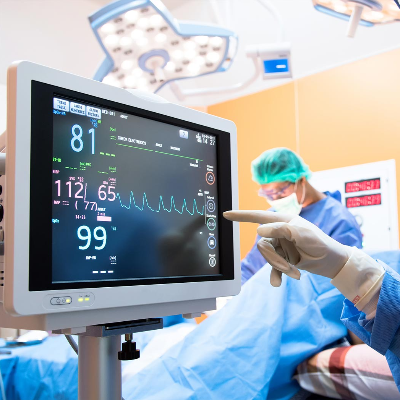 Diploma Cardiology
Diploma Cardiology Diploma Courses after MBBS
Diploma Courses after MBBS Diploma Courses for Doctors
Diploma Courses for Doctors Diploma Courses in Medical Field
Diploma Courses in Medical Field Diploma Family Medicine
Diploma Family Medicine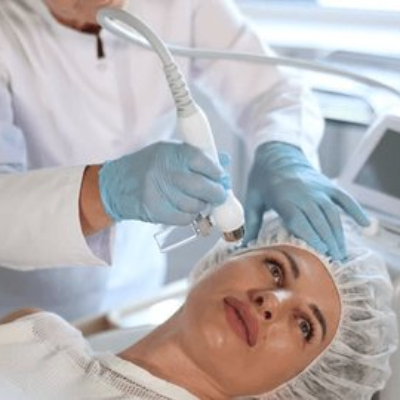 Diploma in Aesthetic Medicine
Diploma in Aesthetic Medicine Diploma in Biostatistics
Diploma in Biostatistics Diploma in Cardiology
Diploma in Cardiology Diploma in Cardiology after MBBS
Diploma in Cardiology after MBBS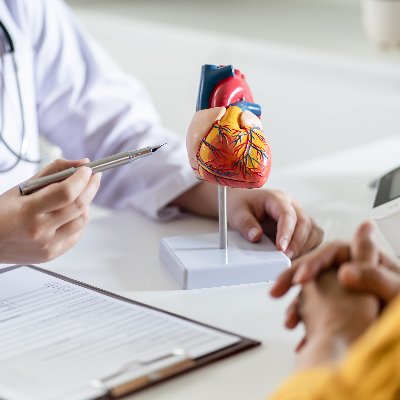 Diploma in Cardiology Online
Diploma in Cardiology Online Diploma in Clinical Cardiology
Diploma in Clinical Cardiology Diploma in Cosmetology
Diploma in Cosmetology Diploma in Cosmetology for Doctors
Diploma in Cosmetology for Doctors Diploma in Critical Care Medicine
Diploma in Critical Care Medicine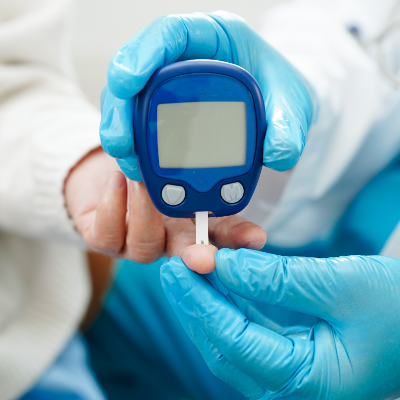 Diploma in Diabetes
Diploma in Diabetes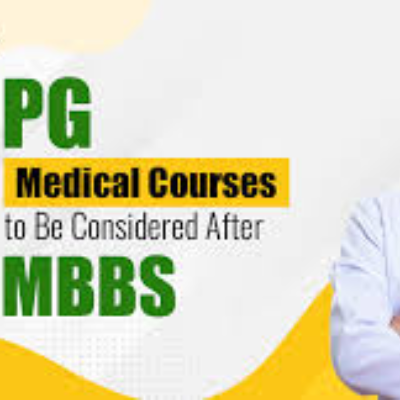 Diploma in Diabetes after MBBS
Diploma in Diabetes after MBBS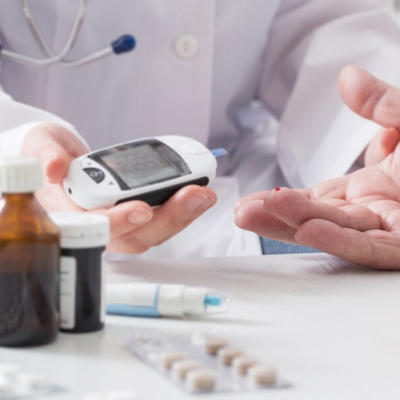 Diploma in Diabetes Management
Diploma in Diabetes Management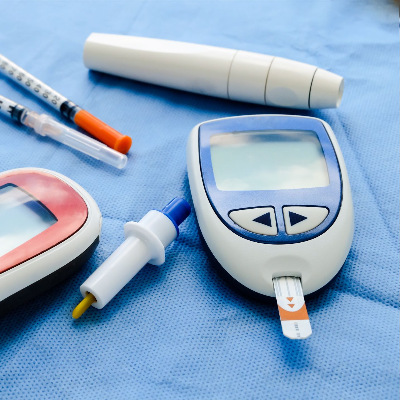 Diploma in Diabetes Online
Diploma in Diabetes Online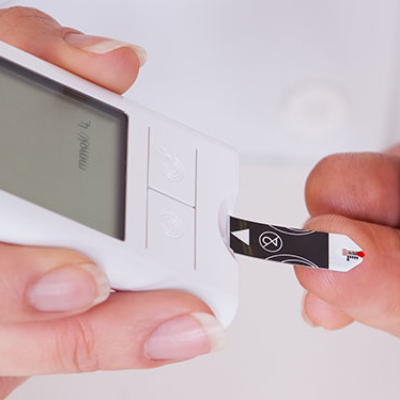 Diploma in Diabetology
Diploma in Diabetology Diploma in Diabetology after MBBS
Diploma in Diabetology after MBBS Diploma in Diabetology MCI Recognised
Diploma in Diabetology MCI Recognised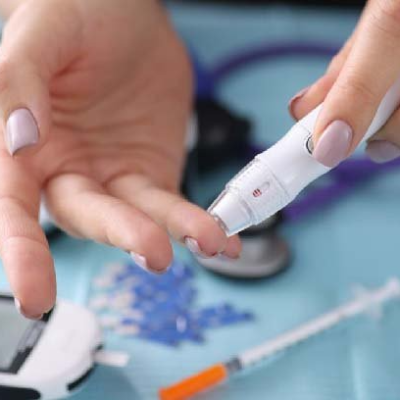 Diploma in Diabetology Online Course
Diploma in Diabetology Online Course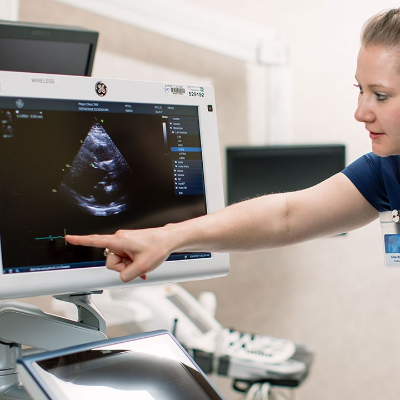 Diploma in Echocardiography
Diploma in Echocardiography Diploma in Emergency Medicine
Diploma in Emergency Medicine Diploma in Emergency Medicine after MBBS
Diploma in Emergency Medicine after MBBS Diploma in Endocrinology
Diploma in Endocrinology Diploma in Family Medicine Online
Diploma in Family Medicine Online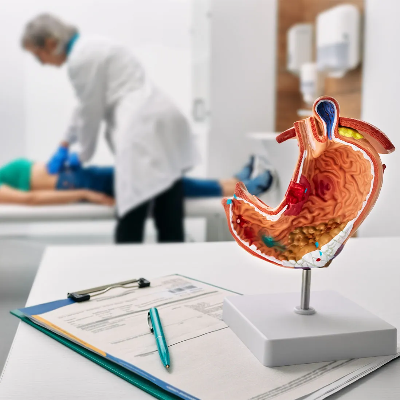 Diploma in Gastroenterology
Diploma in Gastroenterology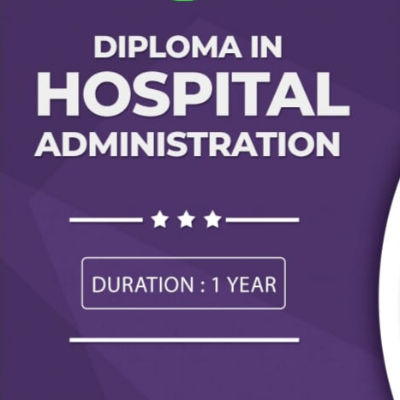 Diploma in Hospital Administration
Diploma in Hospital Administration Diploma in Hospital Management
Diploma in Hospital Management Diploma in Infectious Diseases
Diploma in Infectious Diseases Diploma in Internal Medicine
Diploma in Internal Medicine Diploma in Medical Cosmetology
Diploma in Medical Cosmetology Diploma in Medical Oncology
Diploma in Medical Oncology Diploma in Medicine
Diploma in Medicine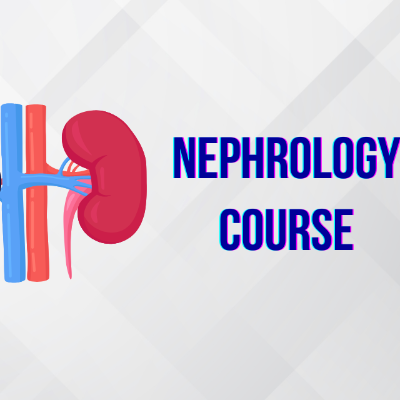 Diploma in Nephrology
Diploma in Nephrology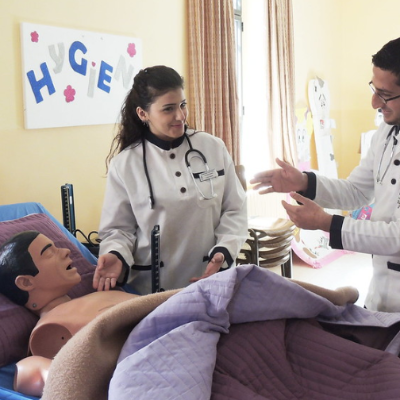 Diploma in Oncology
Diploma in Oncology Diploma in Pediatrics
Diploma in Pediatrics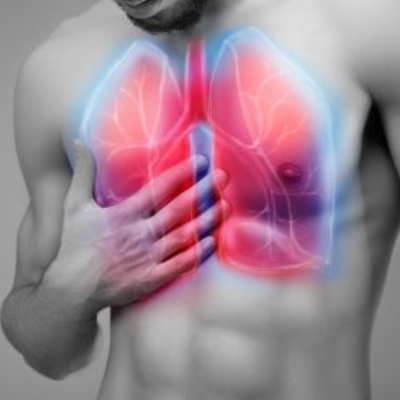 Diploma in Pulmonary Medicine
Diploma in Pulmonary Medicine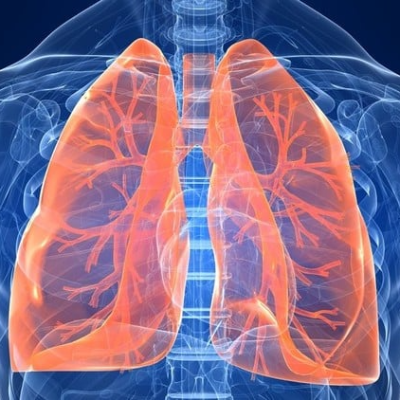 Diploma in Pulmonology
Diploma in Pulmonology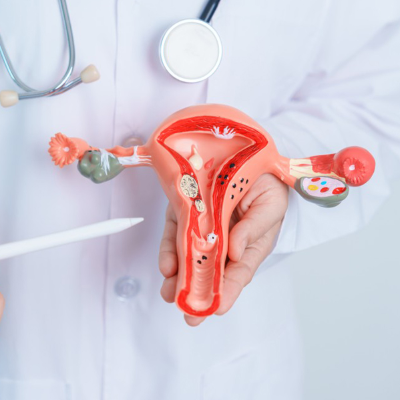 Diploma in Reproductive Medicine
Diploma in Reproductive Medicine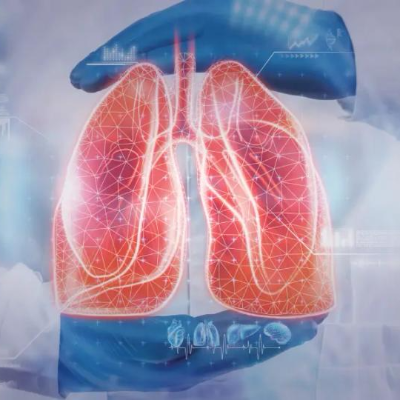 Diploma in Respiratory Medicine
Diploma in Respiratory Medicine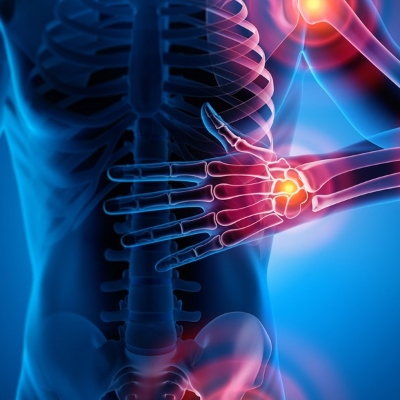 Diploma in Rheumatology
Diploma in Rheumatology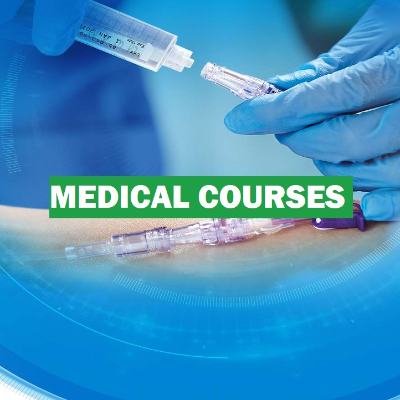 Diploma Medical Courses
Diploma Medical Courses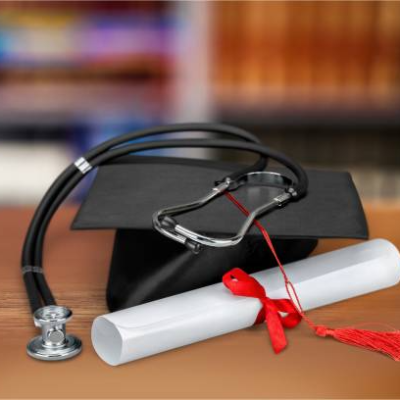 Doctor Diploma
Doctor Diploma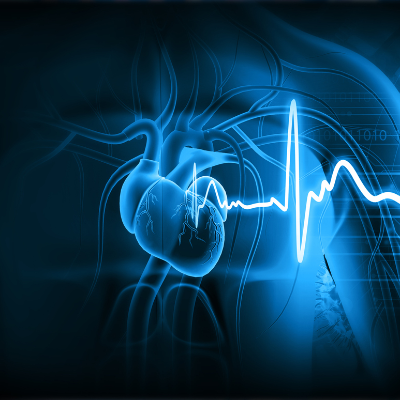 Echo Certificate Course
Echo Certificate Course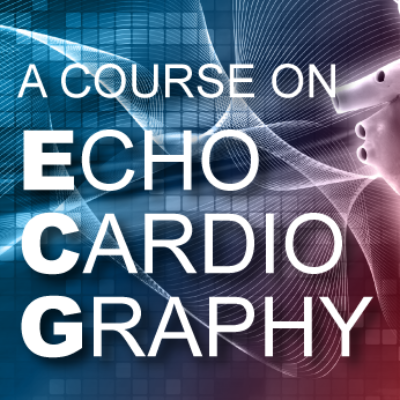 Echo Course
Echo Course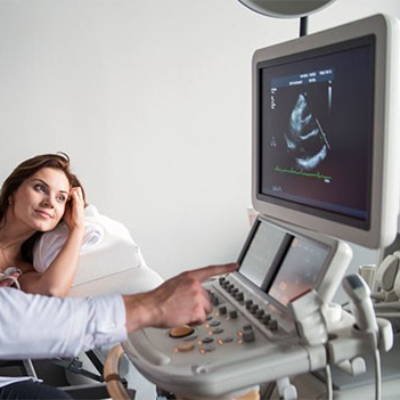 Echo Fellowship
Echo Fellowship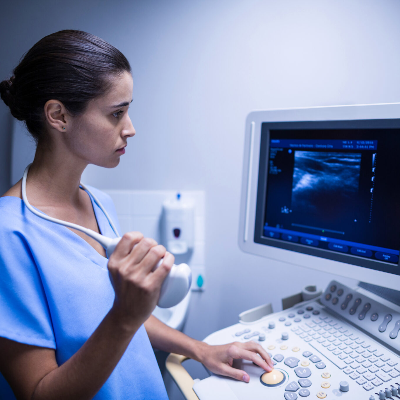 Echo Technician Course
Echo Technician Course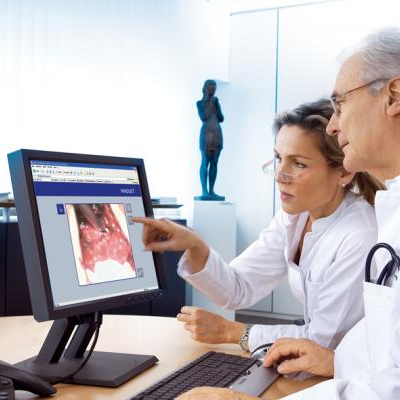 Echo Training
Echo Training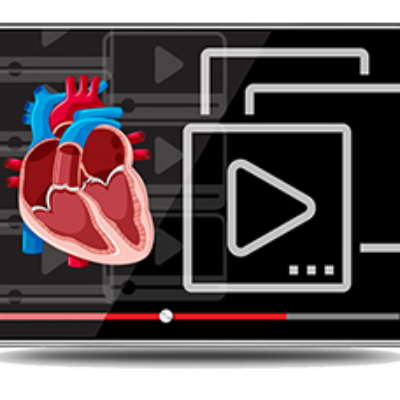 Echocardiography Course
Echocardiography Course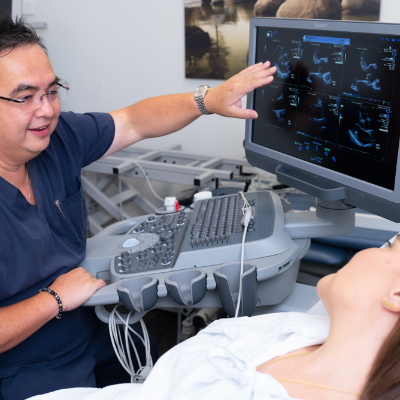 Echocardiography Course for Doctors
Echocardiography Course for Doctors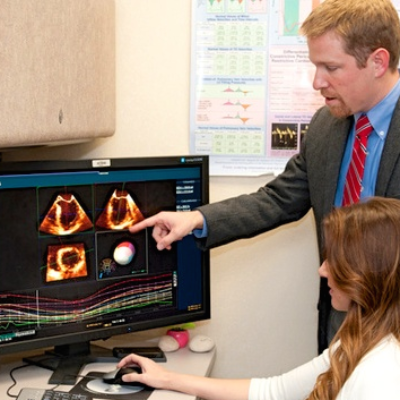 Echocardiography Courses for Physicians
Echocardiography Courses for Physicians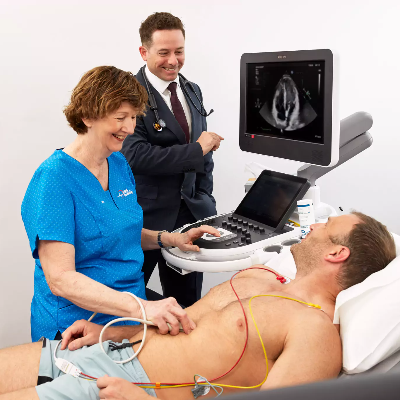 Echocardiography Diploma
Echocardiography Diploma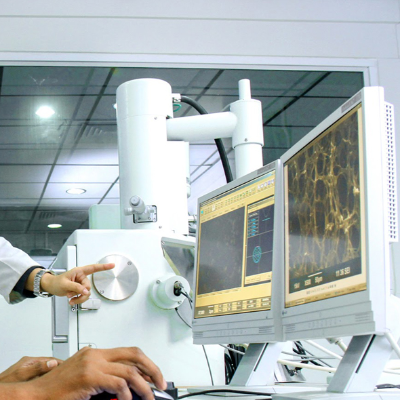 Echocardiography Technician Course
Echocardiography Technician Course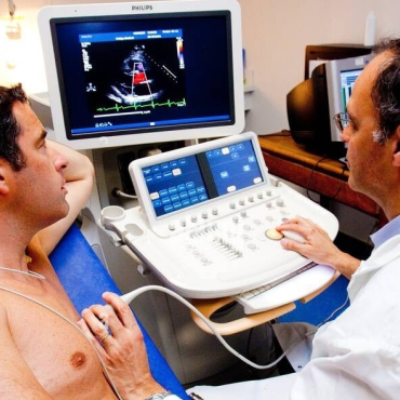 Echocardiography Training Course
Echocardiography Training Course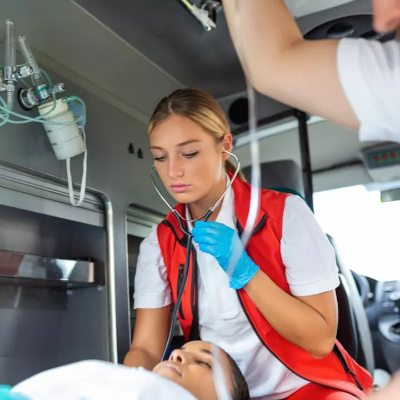 Emergency Medicine Certificate Course
Emergency Medicine Certificate Course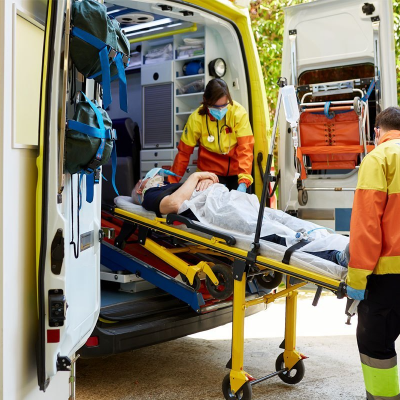 Emergency Medicine Course after MBBS
Emergency Medicine Course after MBBS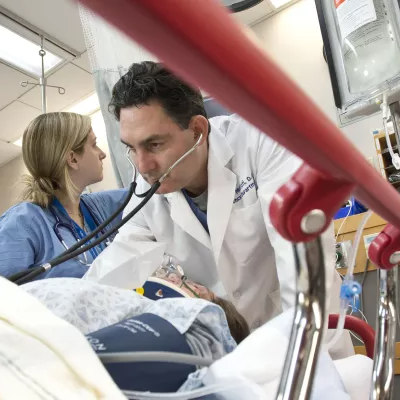 Emergency Medicine Course for Ayush Doctors
Emergency Medicine Course for Ayush Doctors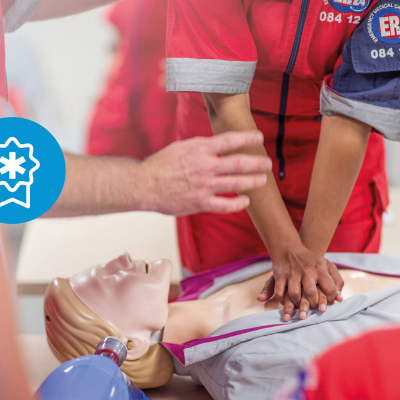 Emergency Medicine Diploma
Emergency Medicine Diploma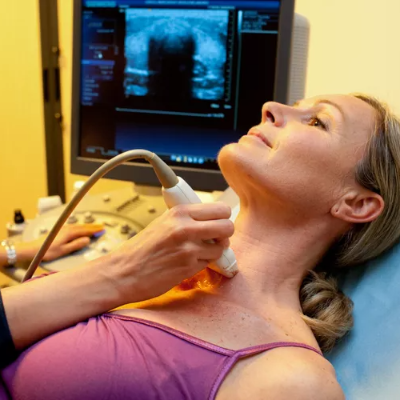 Endocrinologist Course
Endocrinologist Course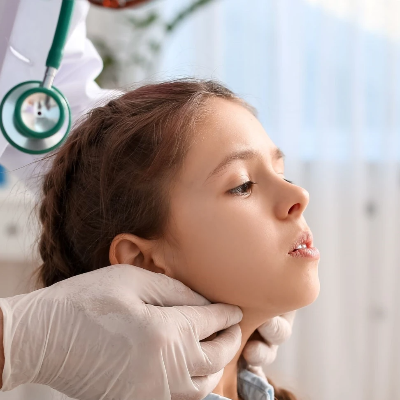 Endocrinology Courses Online
Endocrinology Courses Online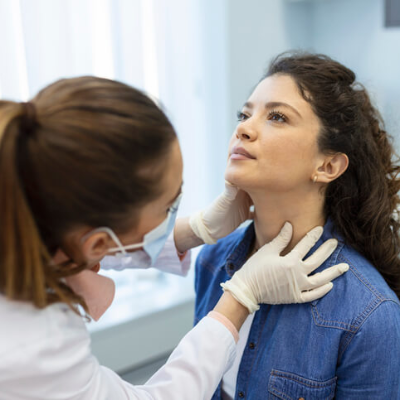 Endocrinology Diploma
Endocrinology Diploma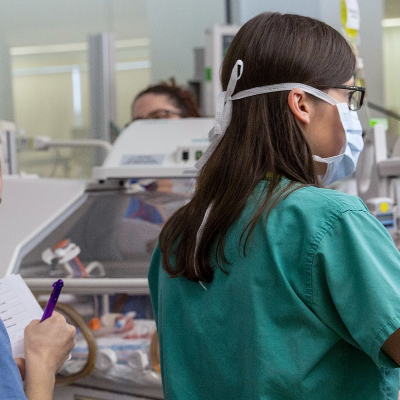 Endocrinology Fellowship
Endocrinology Fellowship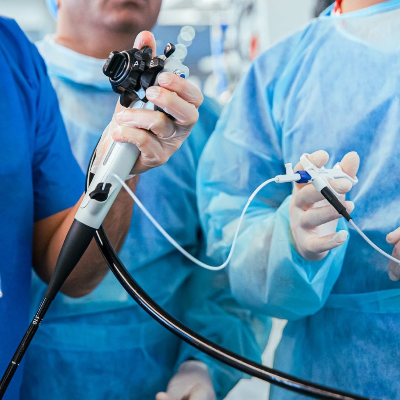 Endoscopy Training Courses
Endoscopy Training Courses Family Medicine Course Online
Family Medicine Course Online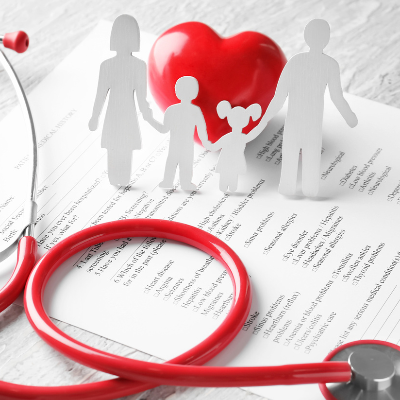 Family Medicine Courses
Family Medicine Courses Family Medicine Diploma
Family Medicine Diploma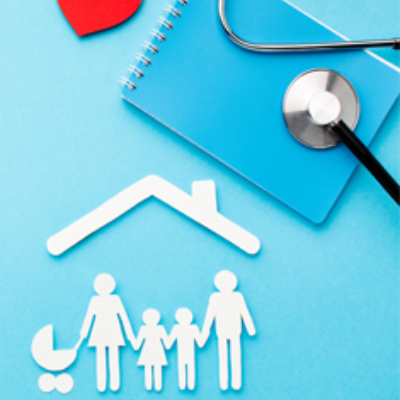 Family Medicine Diploma Online
Family Medicine Diploma Online Family Medicine Fellowship
Family Medicine Fellowship Family Medicine Online Course
Family Medicine Online Course Family Physician Course
Family Physician Course Fellowship Courses after BAMS
Fellowship Courses after BAMS Fellowship Courses after BDS
Fellowship Courses after BDS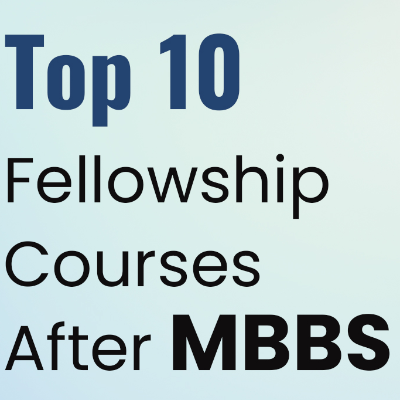 Fellowship Courses after MBBS Online
Fellowship Courses after MBBS Online Fellowship in 2D Echo
Fellowship in 2D Echo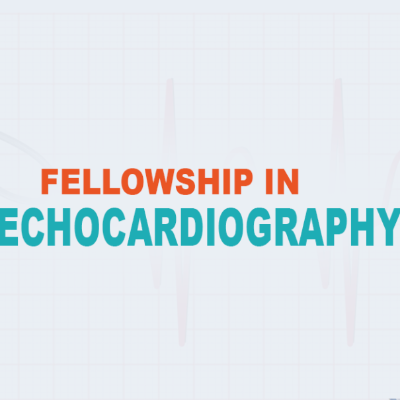 Fellowship in 2D Echocardiography
Fellowship in 2D Echocardiography Fellowship in Aesthetic Medicine
Fellowship in Aesthetic Medicine Fellowship in Cardiology after BAMS
Fellowship in Cardiology after BAMS Fellowship in Cardiology after MBBS
Fellowship in Cardiology after MBBS Fellowship in Clinical Cosmetology
Fellowship in Clinical Cosmetology Fellowship in Cosmetic Dermatology
Fellowship in Cosmetic Dermatology Fellowship in Cosmetology after BDS
Fellowship in Cosmetology after BDS Fellowship in Cosmetology after MBBS
Fellowship in Cosmetology after MBBS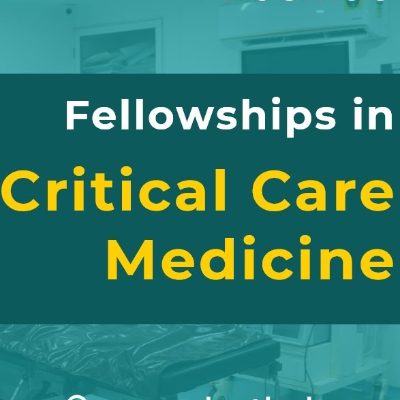 Fellowship in Critical Care
Fellowship in Critical Care Fellowship in Dermatology after MBBS
Fellowship in Dermatology after MBBS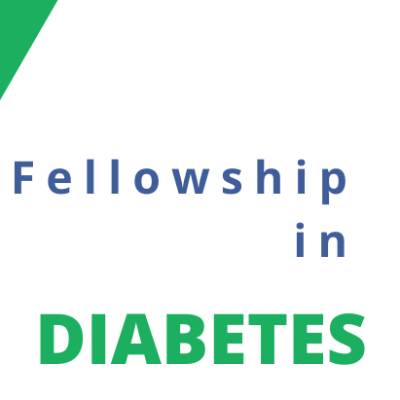 Fellowship in Diabetes after MBBS
Fellowship in Diabetes after MBBS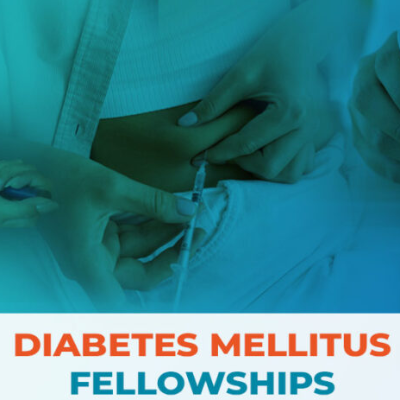 Fellowship in Diabetes and Endocrinology
Fellowship in Diabetes and Endocrinology Fellowship in diabetes Mellitus
Fellowship in diabetes Mellitus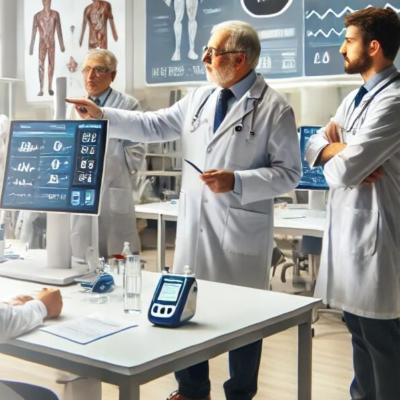 Fellowship in Diabetology after MBBS
Fellowship in Diabetology after MBBS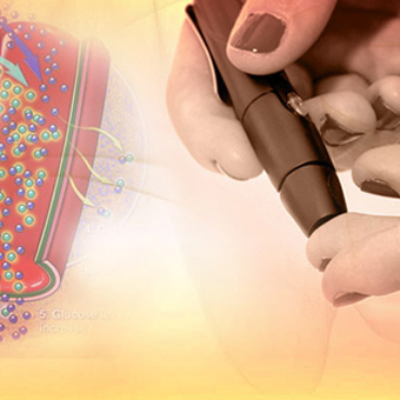 Fellowship in Diabetes
Fellowship in Diabetes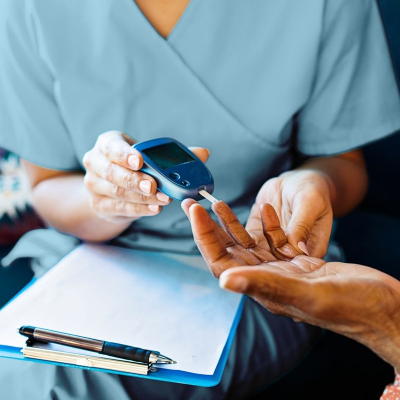 Fellowship in Diabetology Online
Fellowship in Diabetology Online Fellowship in Emergency Medicine after MBBS
Fellowship in Emergency Medicine after MBBS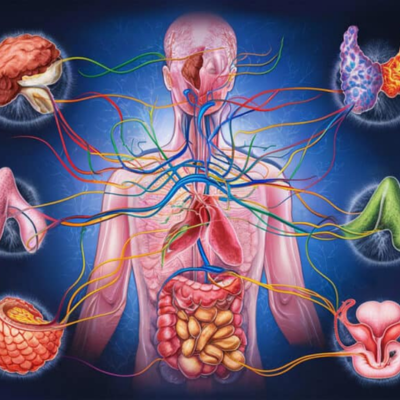 Fellowship in Endocrinology in India
Fellowship in Endocrinology in India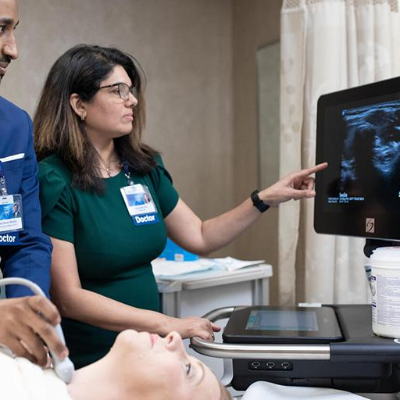 Fellowship in Endocrinology Online
Fellowship in Endocrinology Online Fellowship in Family Medicine Online
Fellowship in Family Medicine Online Fellowship in General Medicine
Fellowship in General Medicine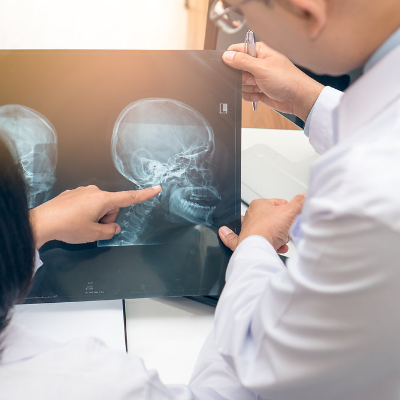 Fellowship in Head and Neck Oncology
Fellowship in Head and Neck Oncology Fellowship in Medical Cosmetology
Fellowship in Medical Cosmetology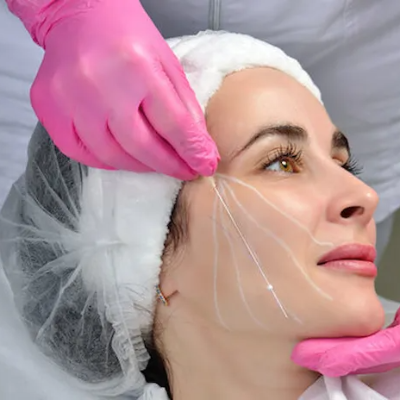 Fellowship in Medical Cosmetology after BDS
Fellowship in Medical Cosmetology after BDS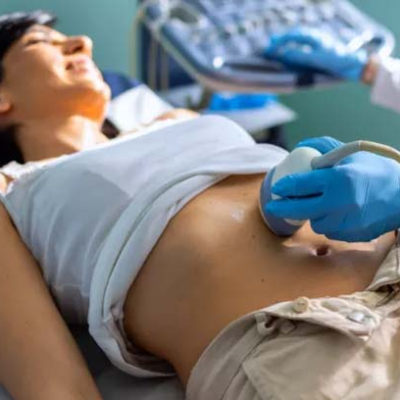 Fellowship in Medical Oncology
Fellowship in Medical Oncology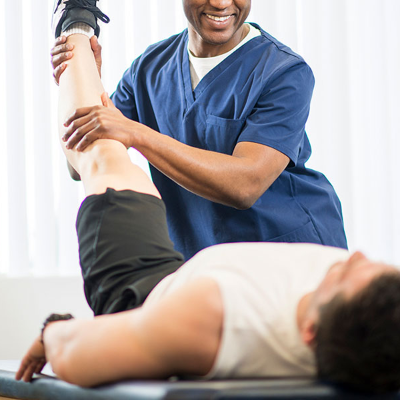 Fellowship in Neuro Physiotherapy
Fellowship in Neuro Physiotherapy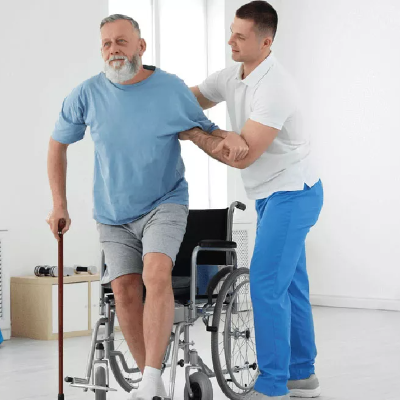 Fellowship in Neuro Rehabilitation
Fellowship in Neuro Rehabilitation Fellowship in Nutrition and Dietetics
Fellowship in Nutrition and Dietetics Fellowship in Nutrition and Environmental Medicine
Fellowship in Nutrition and Environmental Medicine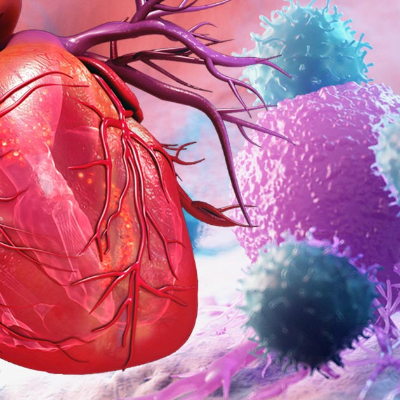 Fellowship in Oncology after MBBS
Fellowship in Oncology after MBBS Fellowship in Orthopedic Rehabilitation
Fellowship in Orthopedic Rehabilitation Fellowship in Oral Oncology
Fellowship in Oral Oncology Fellowship in Pediatrics after MBBS
Fellowship in Pediatrics after MBBS Fellowship in Rheumatology Online
Fellowship in Rheumatology Online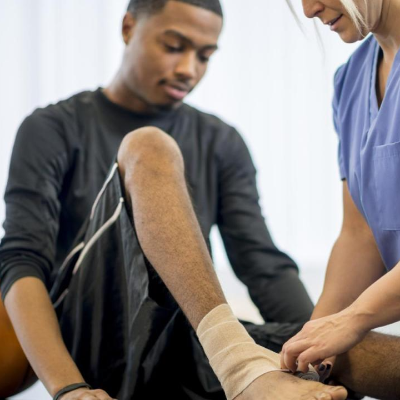 Fellowship in Sports Medicine
Fellowship in Sports Medicine Fellowship Program after MBBS
Fellowship Program after MBBS Gastroenterology Diploma Courses
Gastroenterology Diploma Courses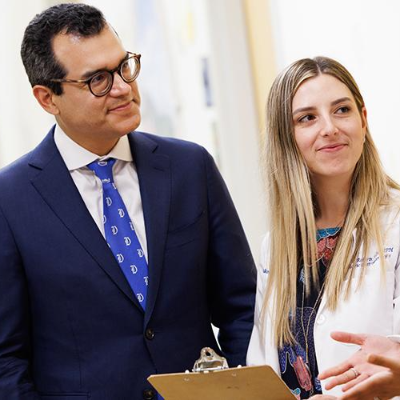 Gastroenterology Fellowship
Gastroenterology Fellowship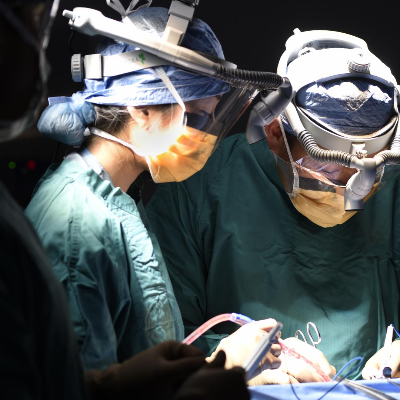 Global Online Fellowship in Head and Neck Oncology
Global Online Fellowship in Head and Neck Oncology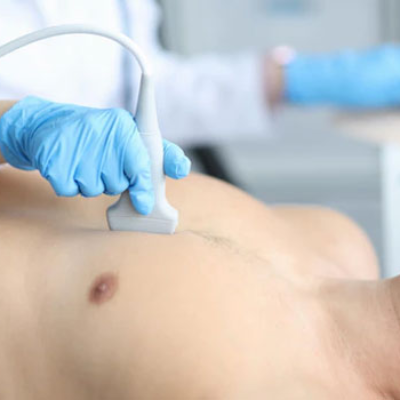 Hands On Echocardiography Training
Hands On Echocardiography Training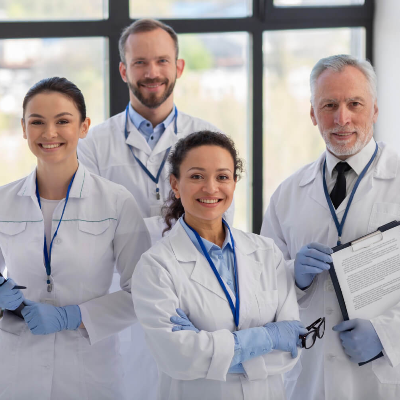 Health Management Course
Health Management Course Higher Diploma in Oncology Clinical Medicine
Higher Diploma in Oncology Clinical Medicine Hospital Administration Course
Hospital Administration Course Hospital Administration Online Course
Hospital Administration Online Course Hospital Management Course Online
Hospital Management Course Online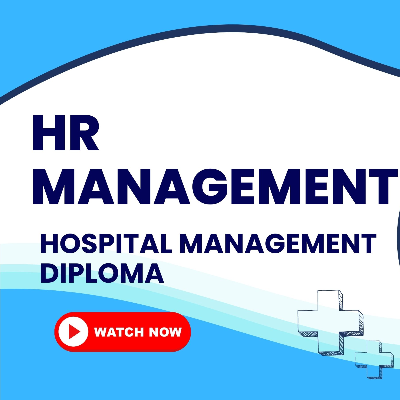 Hospital Management Diploma Online
Hospital Management Diploma Online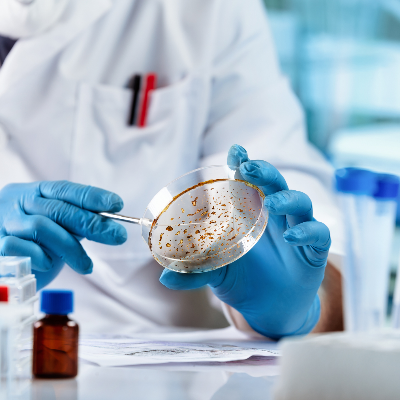 Infectious Disease Fellowship
Infectious Disease Fellowship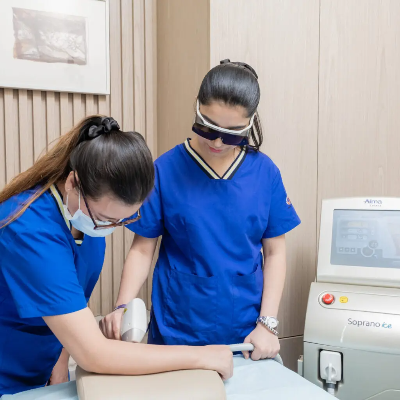 Institute of Laser and Aesthetic Medicine
Institute of Laser and Aesthetic Medicine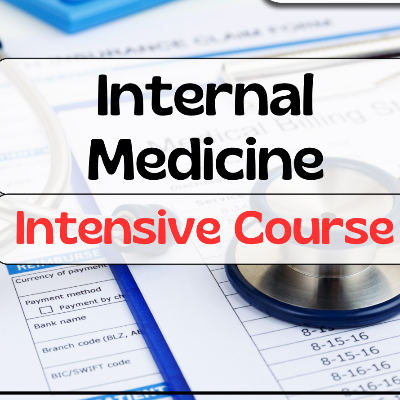 Internal Medicine Course
Internal Medicine Course Internal Medicine Diploma
Internal Medicine Diploma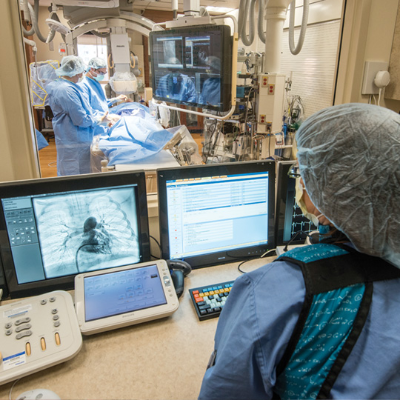 Interventional Cardiology Fellowship
Interventional Cardiology Fellowship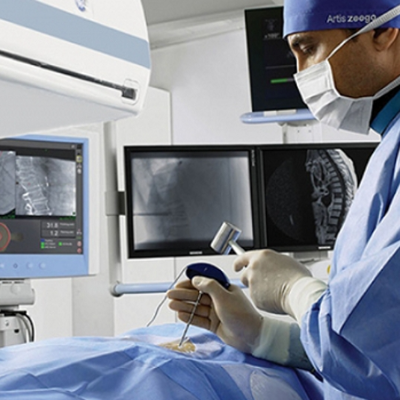 Interventional Nephrology Fellowship
Interventional Nephrology Fellowship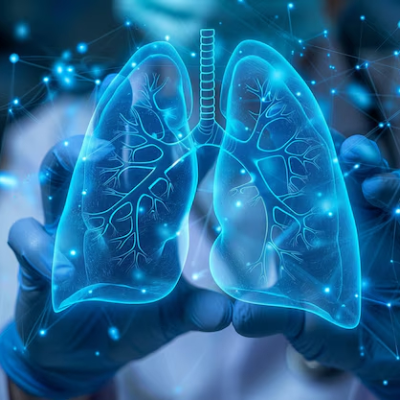 Interventional Pulmonology Fellowship
Interventional Pulmonology Fellowship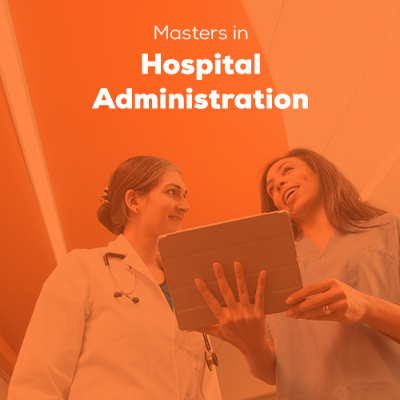 Master in Hospital Administration
Master in Hospital Administration Masters in Hospital Management
Masters in Hospital Management MBA in Healthcare Management
MBA in Healthcare Management MBA in hospital administration
MBA in hospital administration Medical Cosmetology Courses
Medical Cosmetology Courses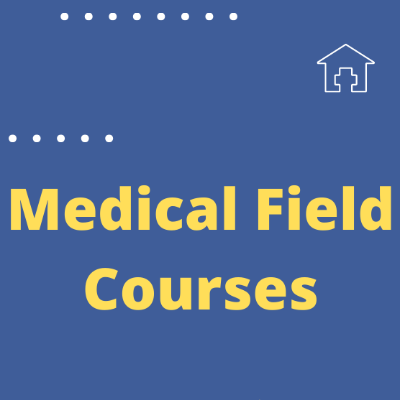 Medical Courses
Medical Courses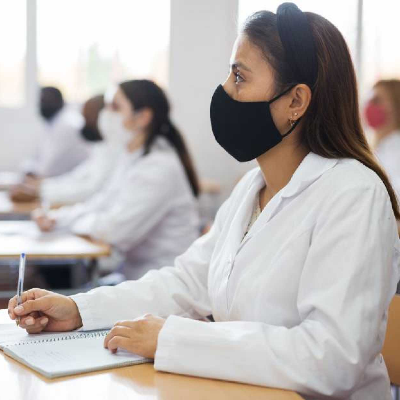 Medical Courses for Doctors
Medical Courses for Doctors Medical Diploma Courses
Medical Diploma Courses Medical Fellowship
Medical Fellowship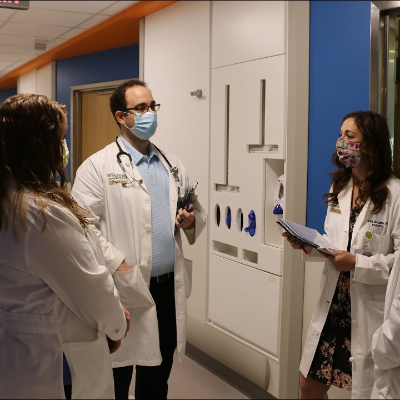 Medical Fellowship Programs
Medical Fellowship Programs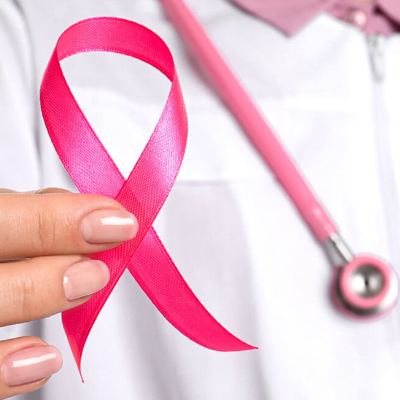 Medical Oncology Courses
Medical Oncology Courses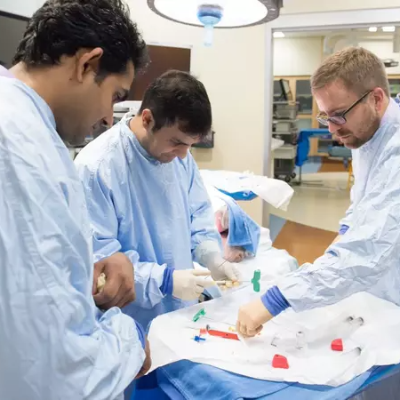 Medical Oncology Fellowship
Medical Oncology Fellowship Medicine Course
Medicine Course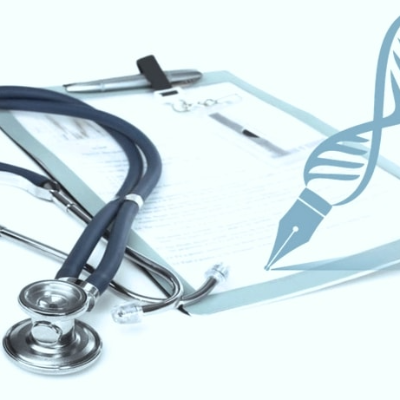 Medicine Diploma Courses
Medicine Diploma Courses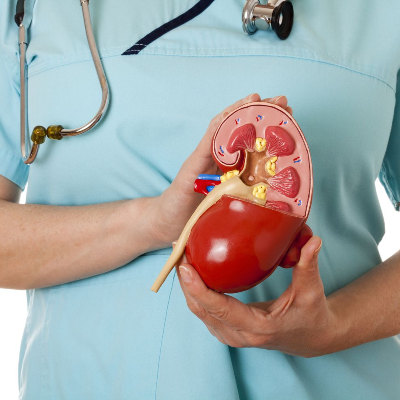 Nephrology Certificate Course
Nephrology Certificate Course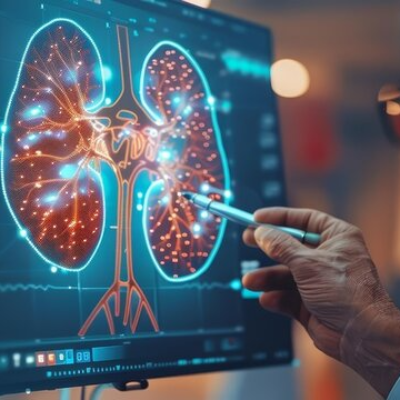 Nephrology Courses Online
Nephrology Courses Online Neurorehabilitation Courses Online
Neurorehabilitation Courses Online Nutrition Course after MBBS
Nutrition Course after MBBS Nutrition Courses for Doctors
Nutrition Courses for Doctors Nutrition Fellowship for Dietitians
Nutrition Fellowship for Dietitians Nutritionist after MBBS
Nutritionist after MBBS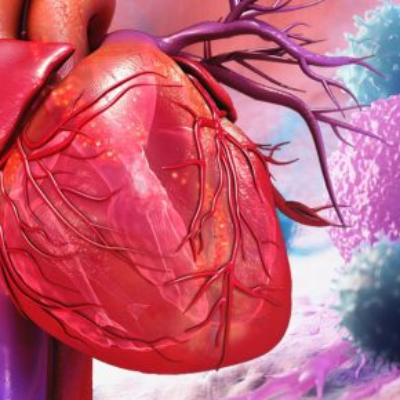 Oncology Courses after MBBS
Oncology Courses after MBBS Oncology Diploma
Oncology Diploma Oncology Fellowship
Oncology Fellowship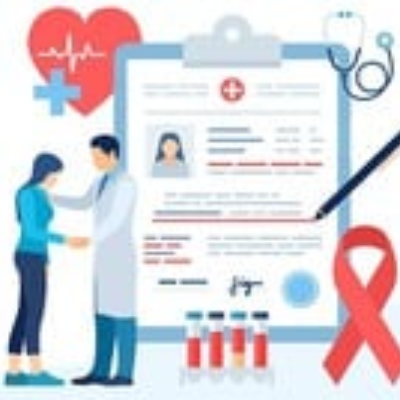 Oncology Short Courses
Oncology Short Courses Online 2D Echo Course
Online 2D Echo Course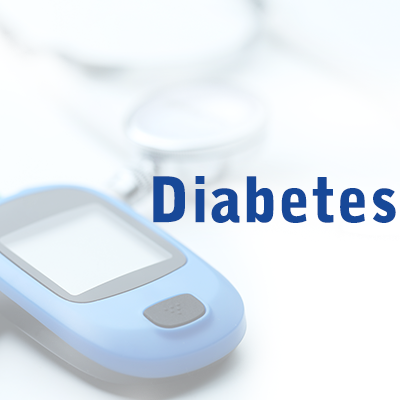 Online Certificate Course in Diabetes
Online Certificate Course in Diabetes Online Certificate Course in Emergency Medicine
Online Certificate Course in Emergency Medicine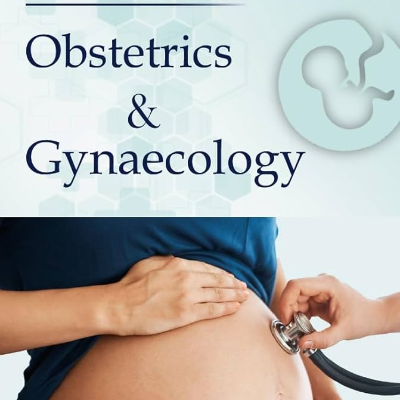 Online Certificate Course in Gynaecology and Obstetrics
Online Certificate Course in Gynaecology and Obstetrics Online Certificate Courses after MBBS
Online Certificate Courses after MBBS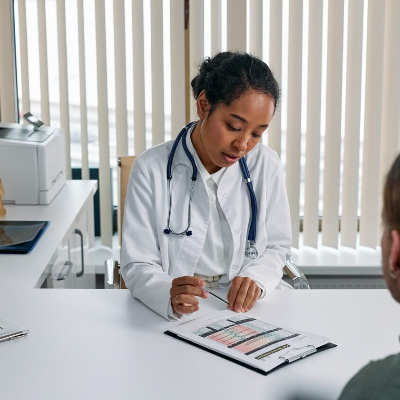 Online Certificate Courses for Doctors
Online Certificate Courses for Doctors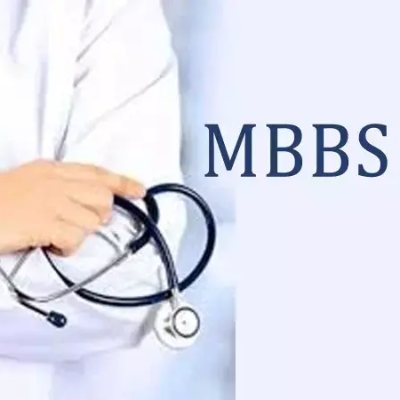 Online Certificate Courses for MBBS Doctors
Online Certificate Courses for MBBS Doctors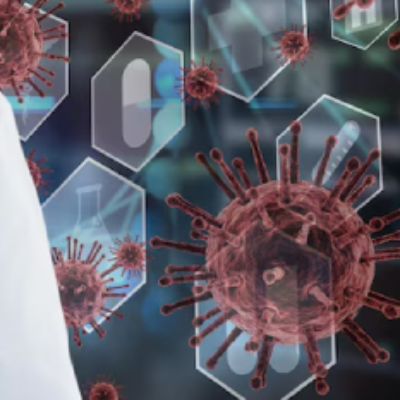 Online Certificate Courses in Infectious Diseases
Online Certificate Courses in Infectious Diseases Online Courses for Doctors
Online Courses for Doctors Online Courses for MBBS Doctors
Online Courses for MBBS Doctors Online Courses for Pediatricians
Online Courses for Pediatricians Online Critical Care Fellowship
Online Critical Care Fellowship